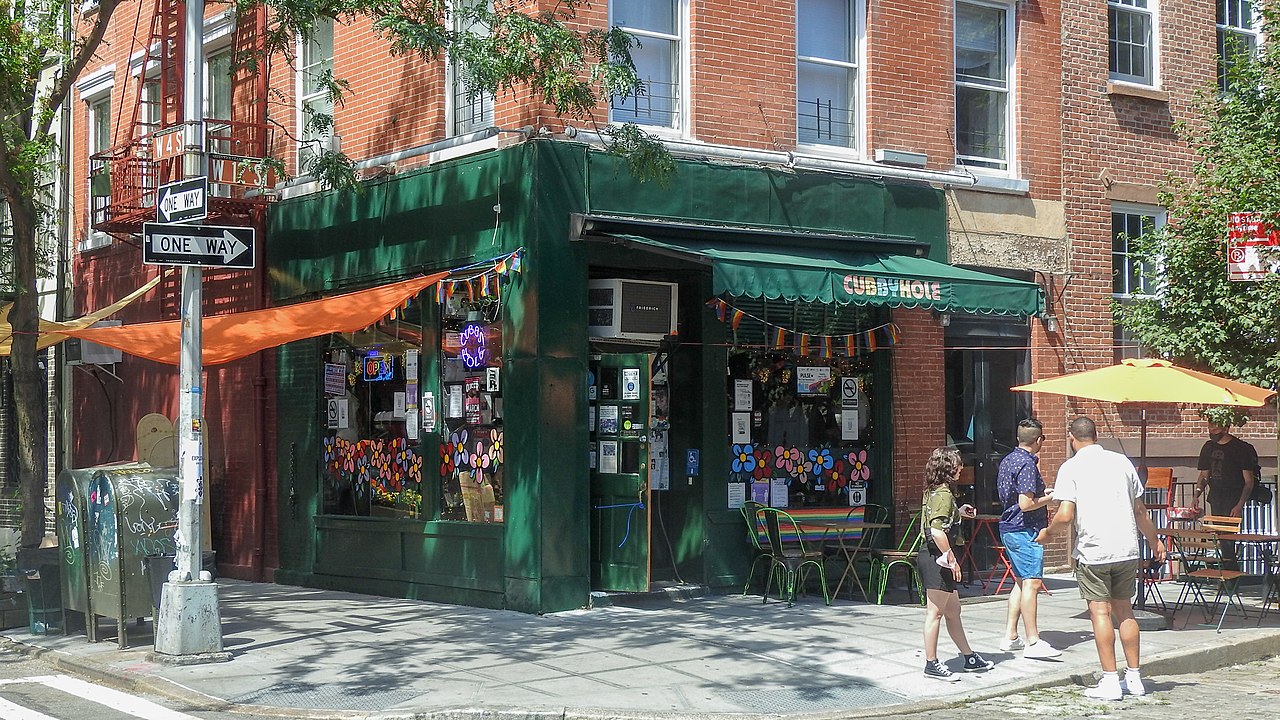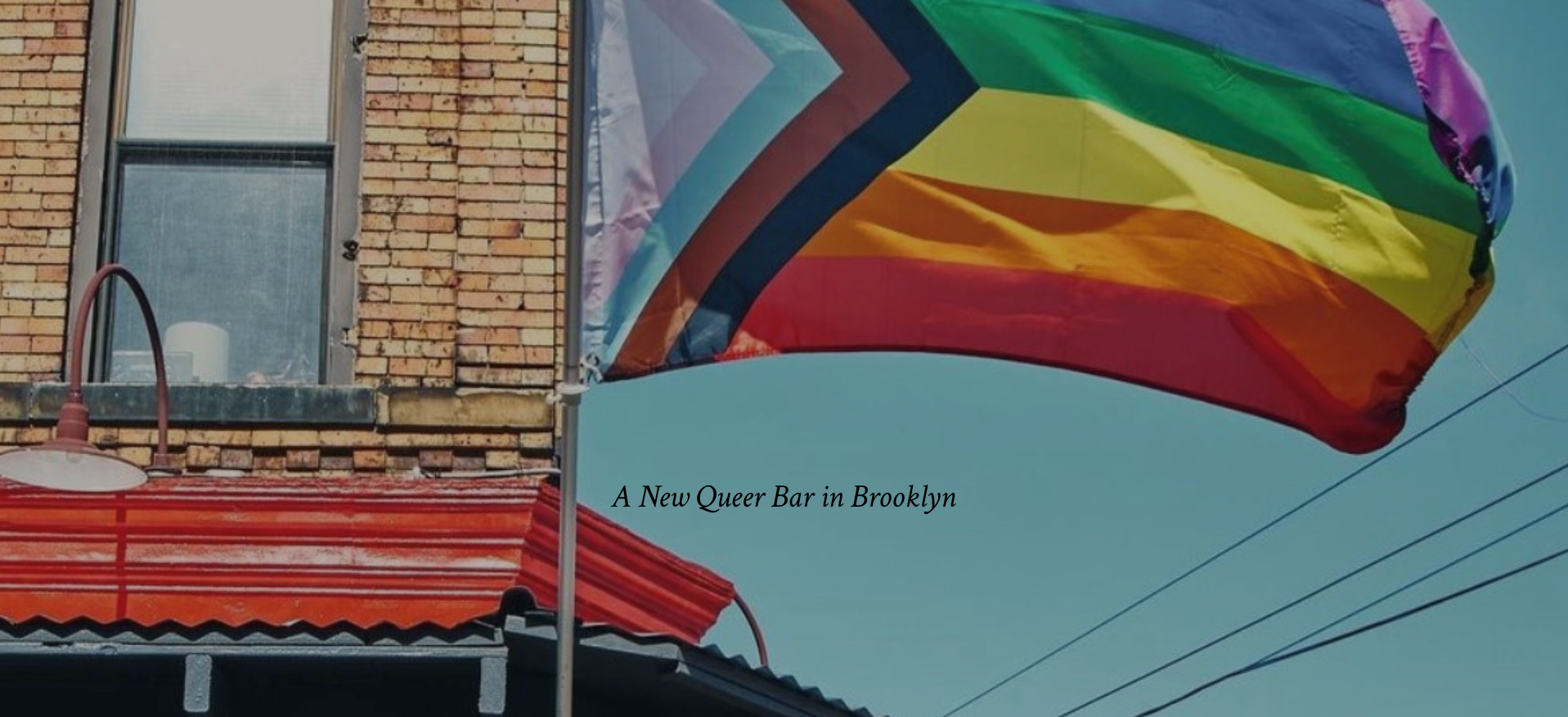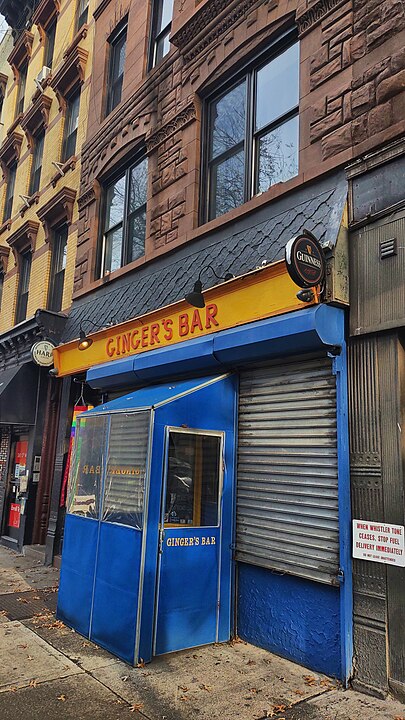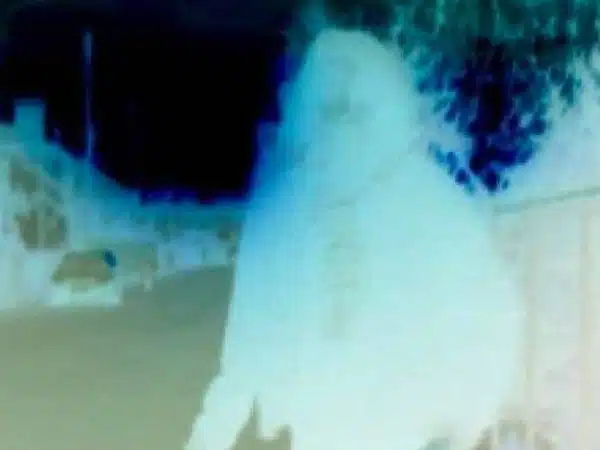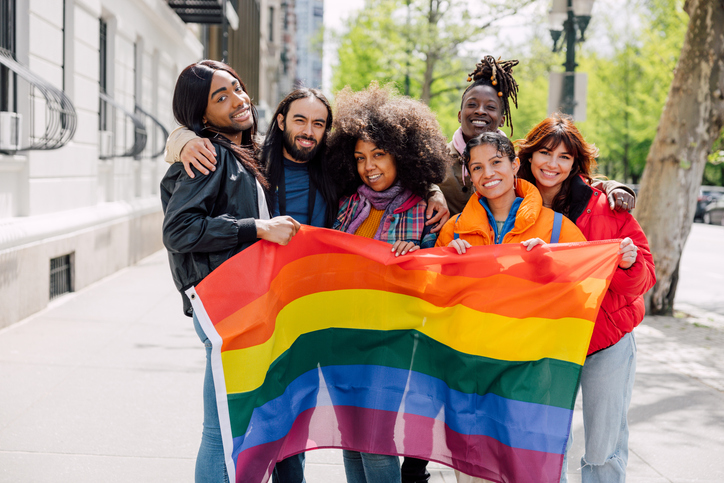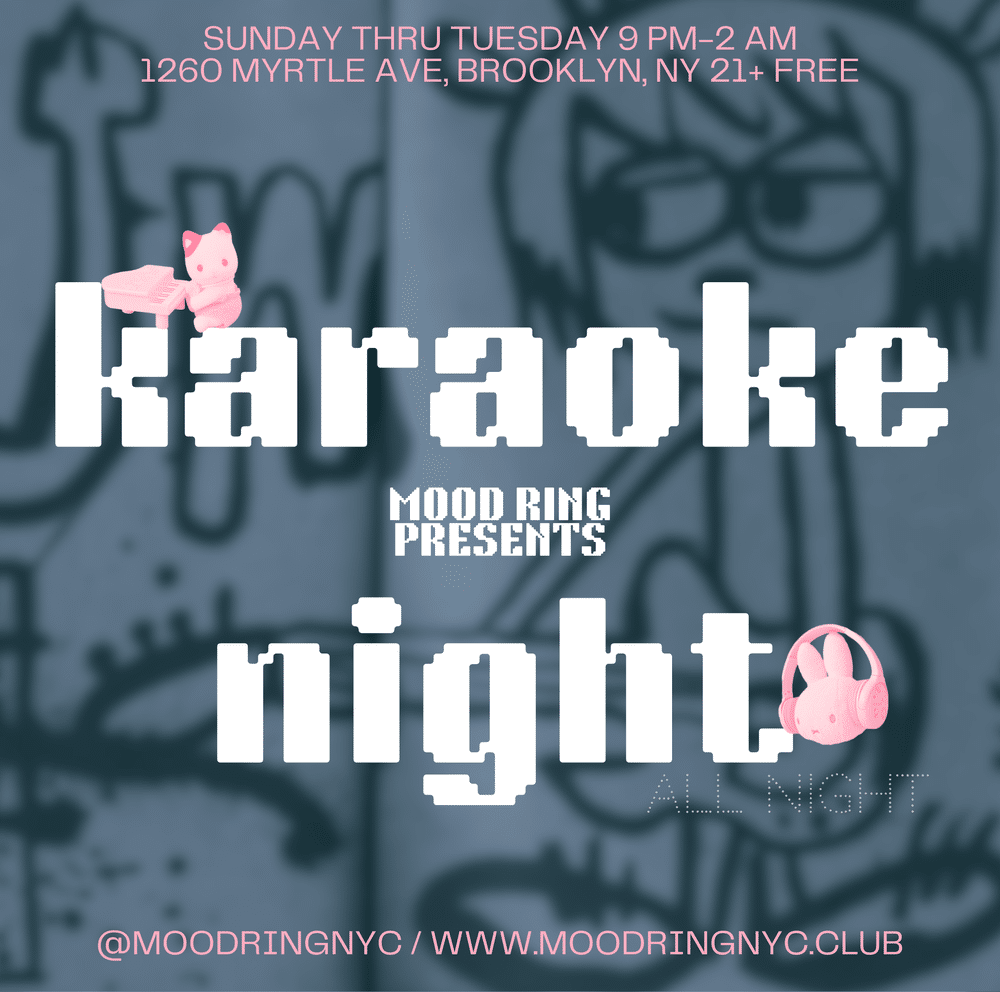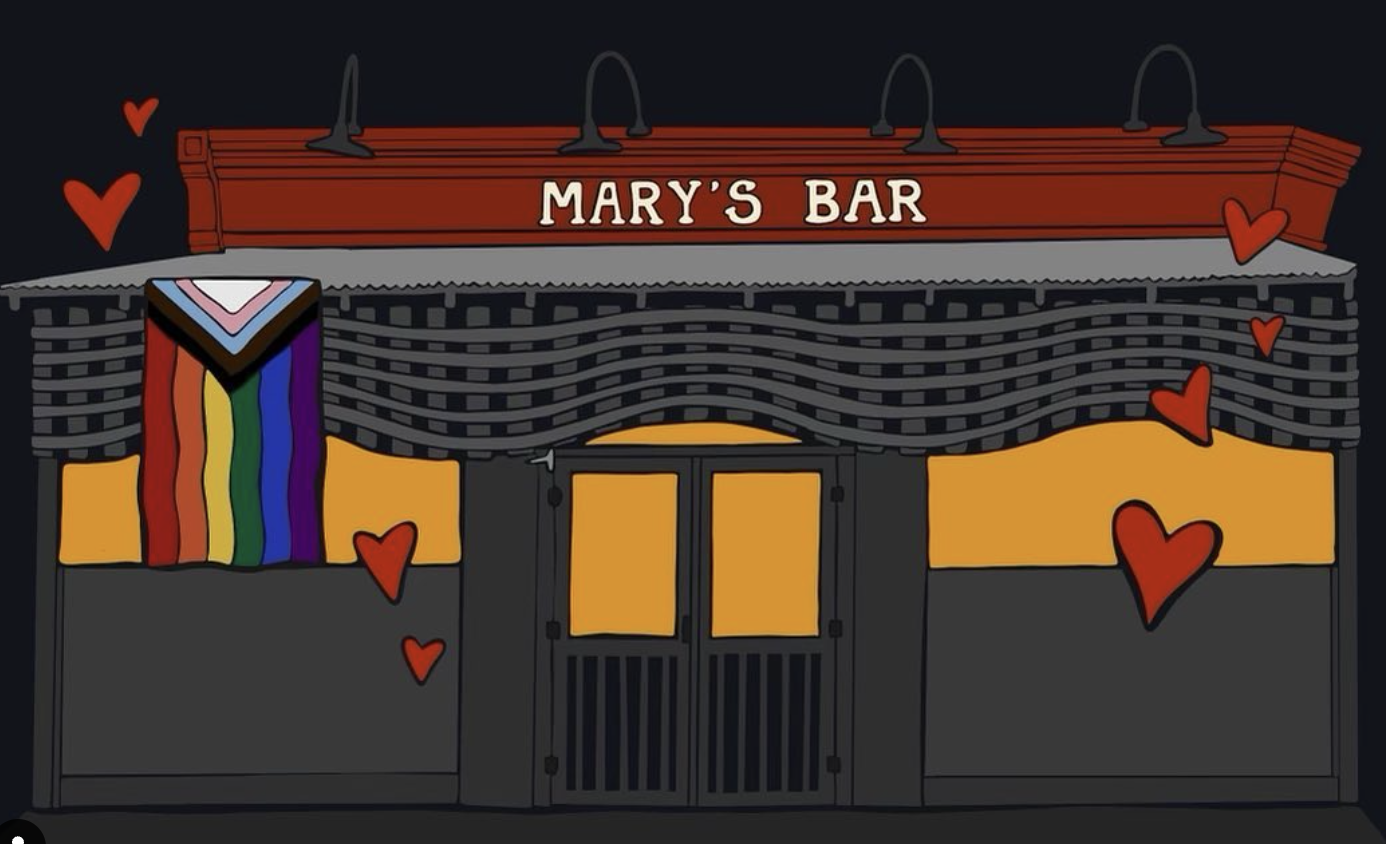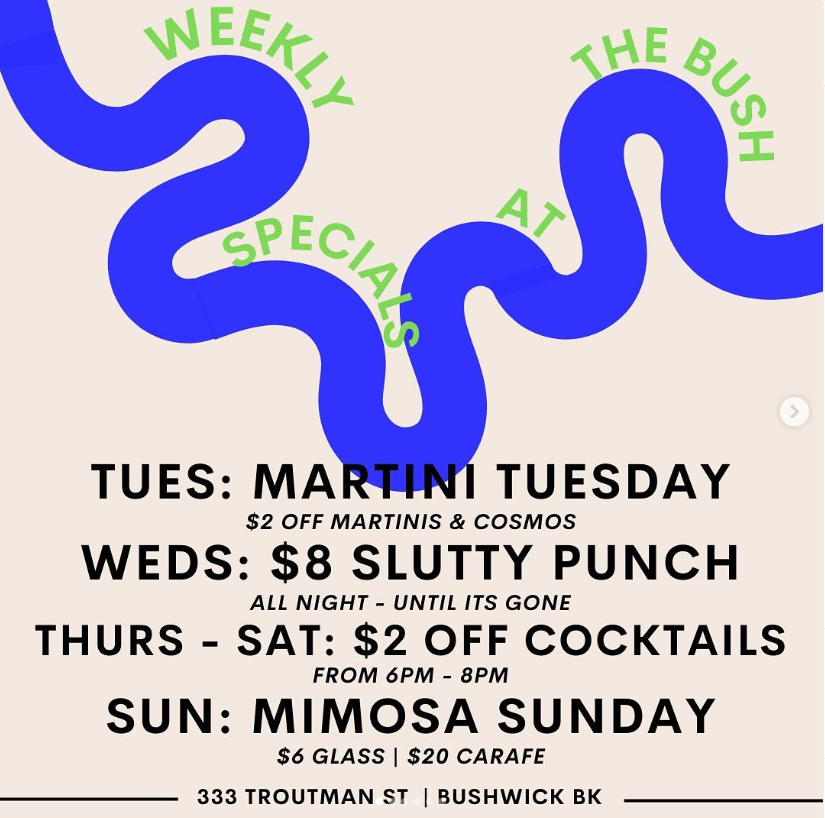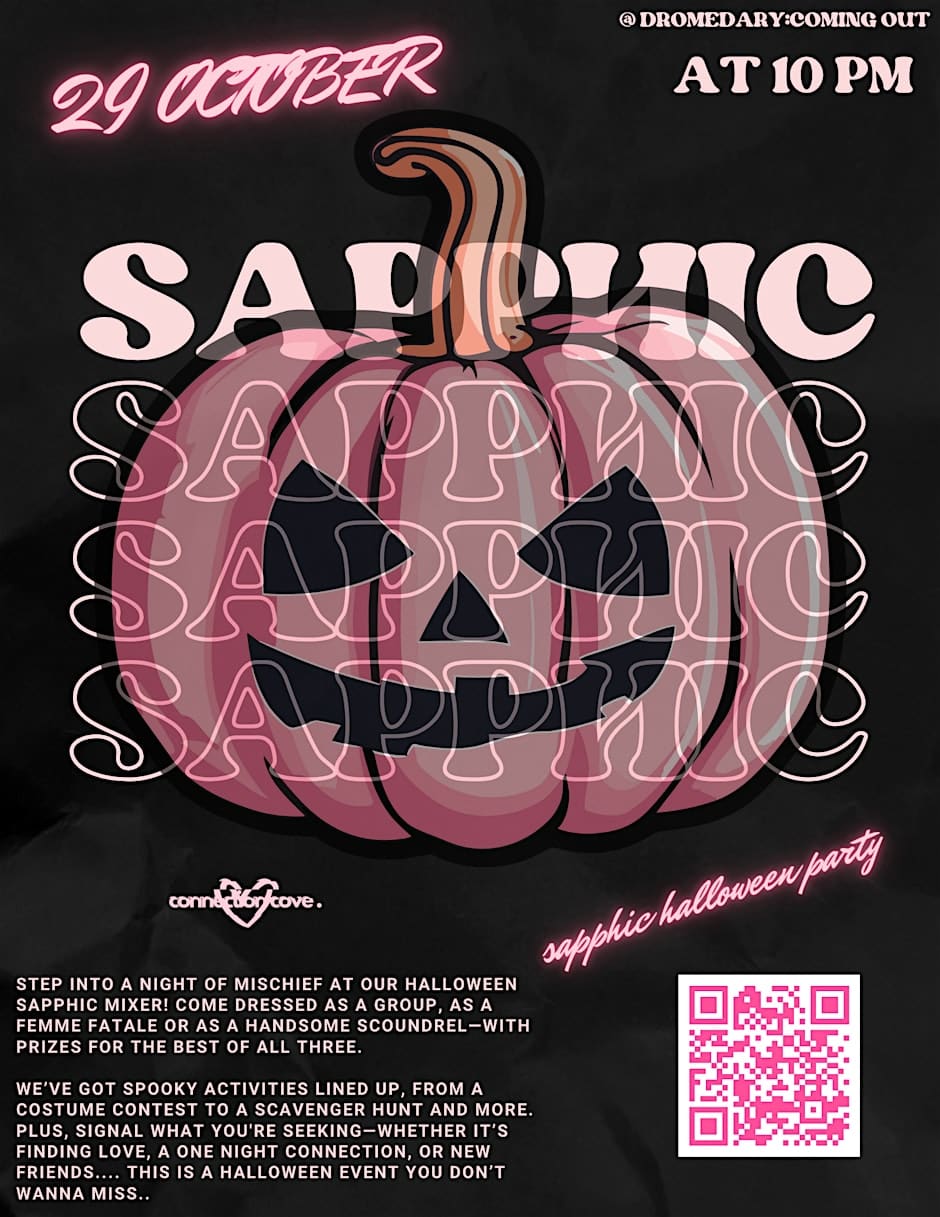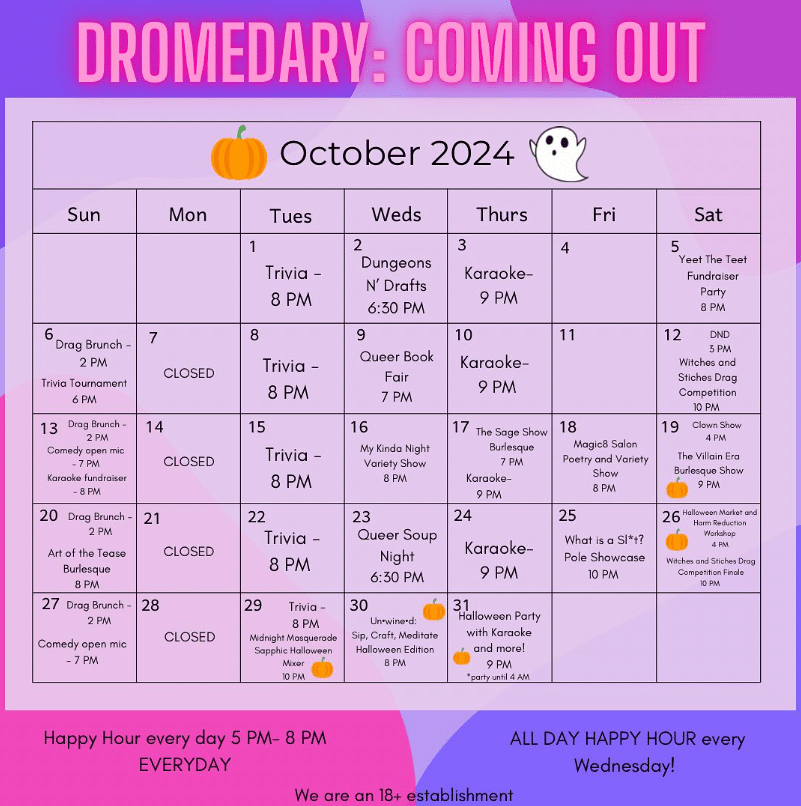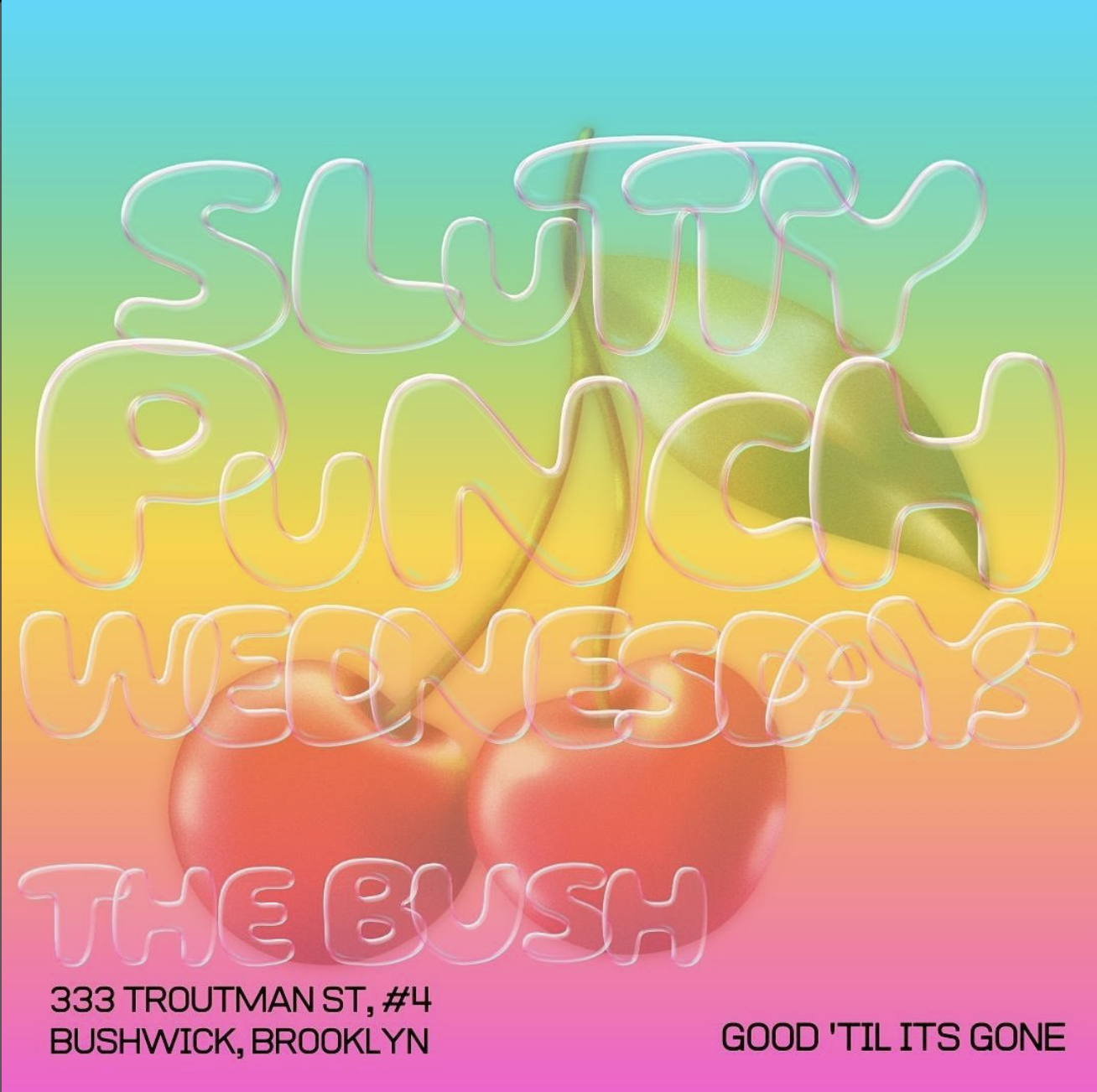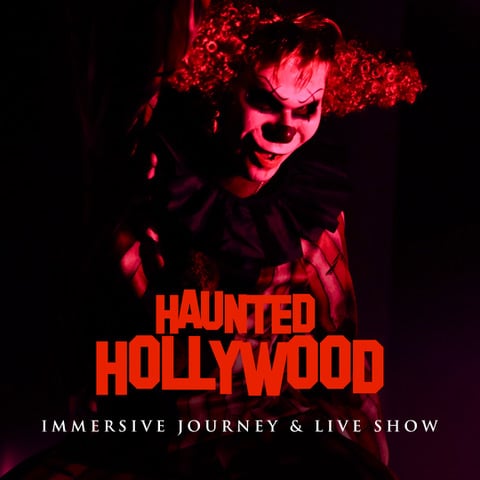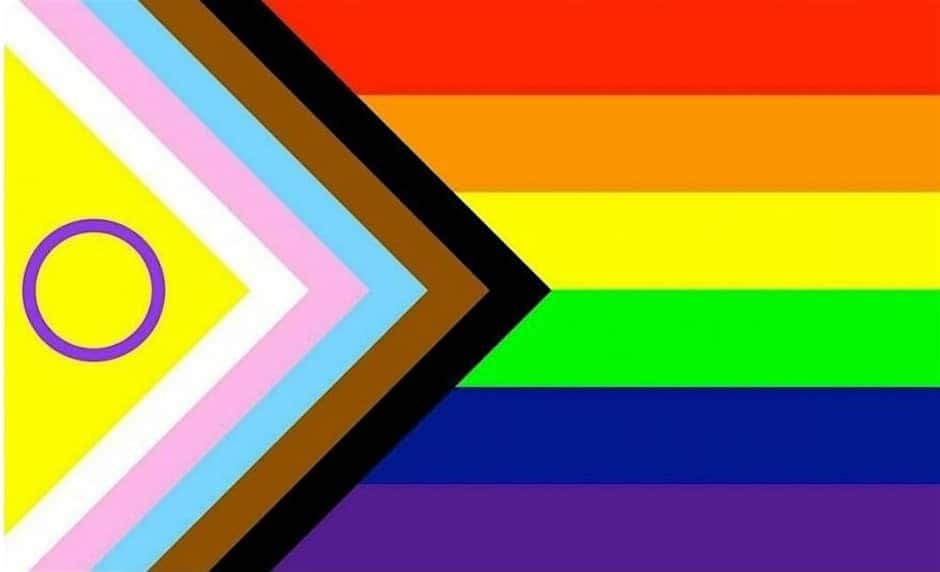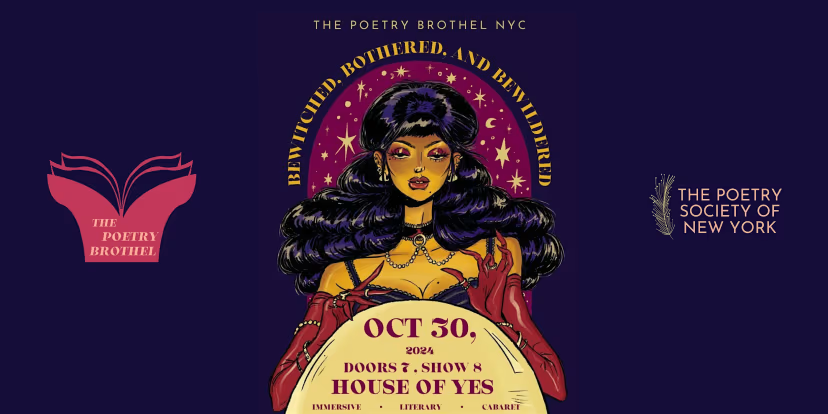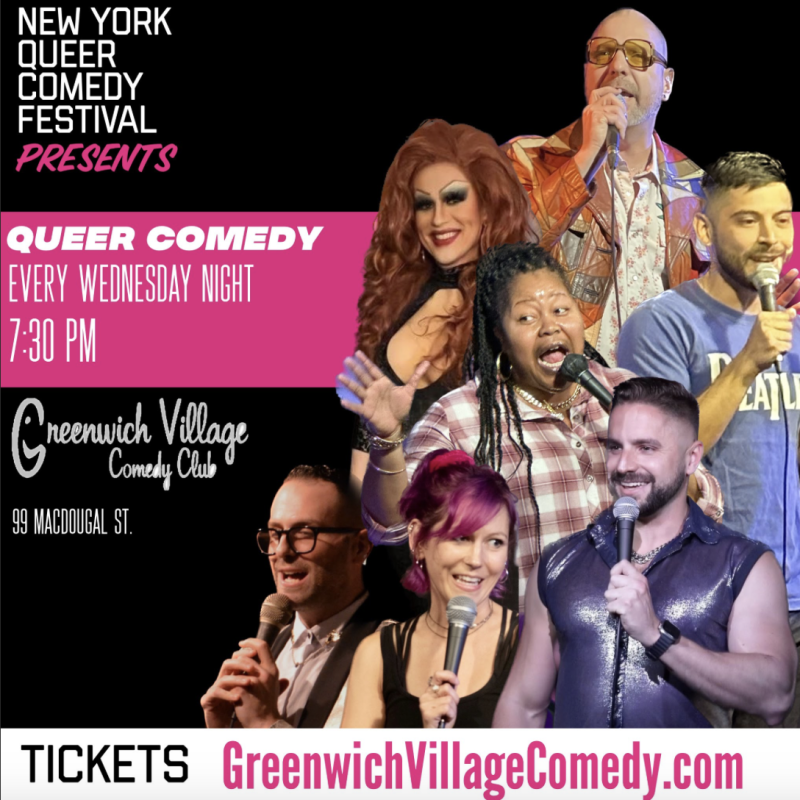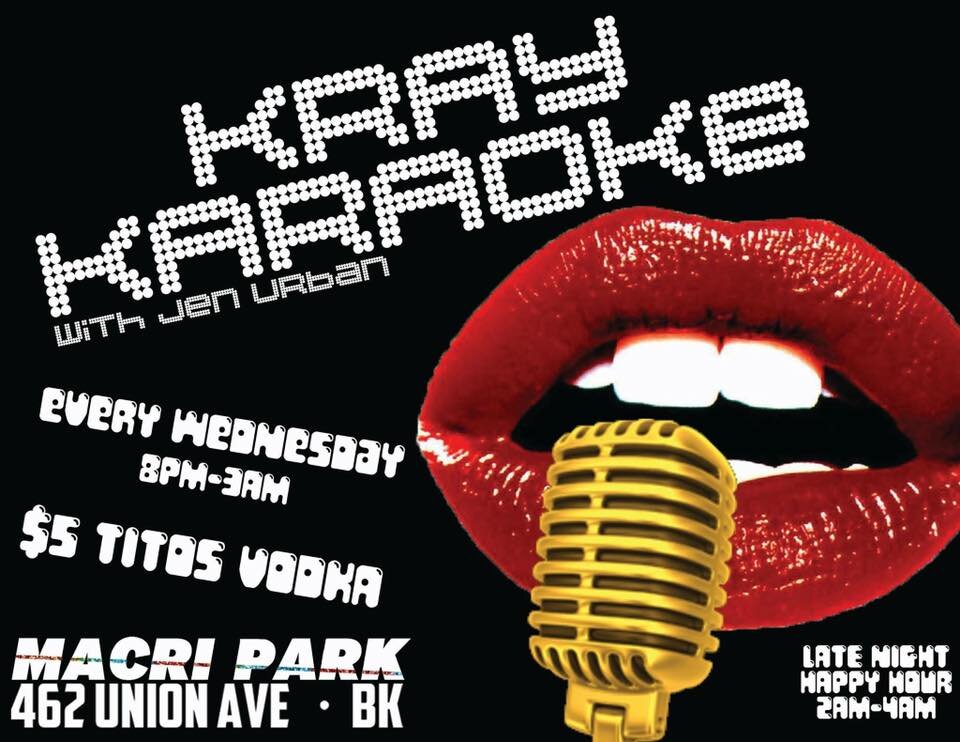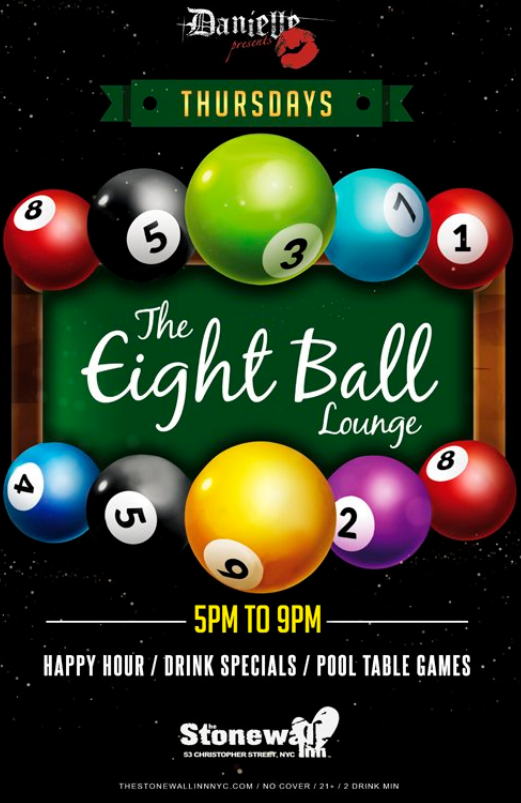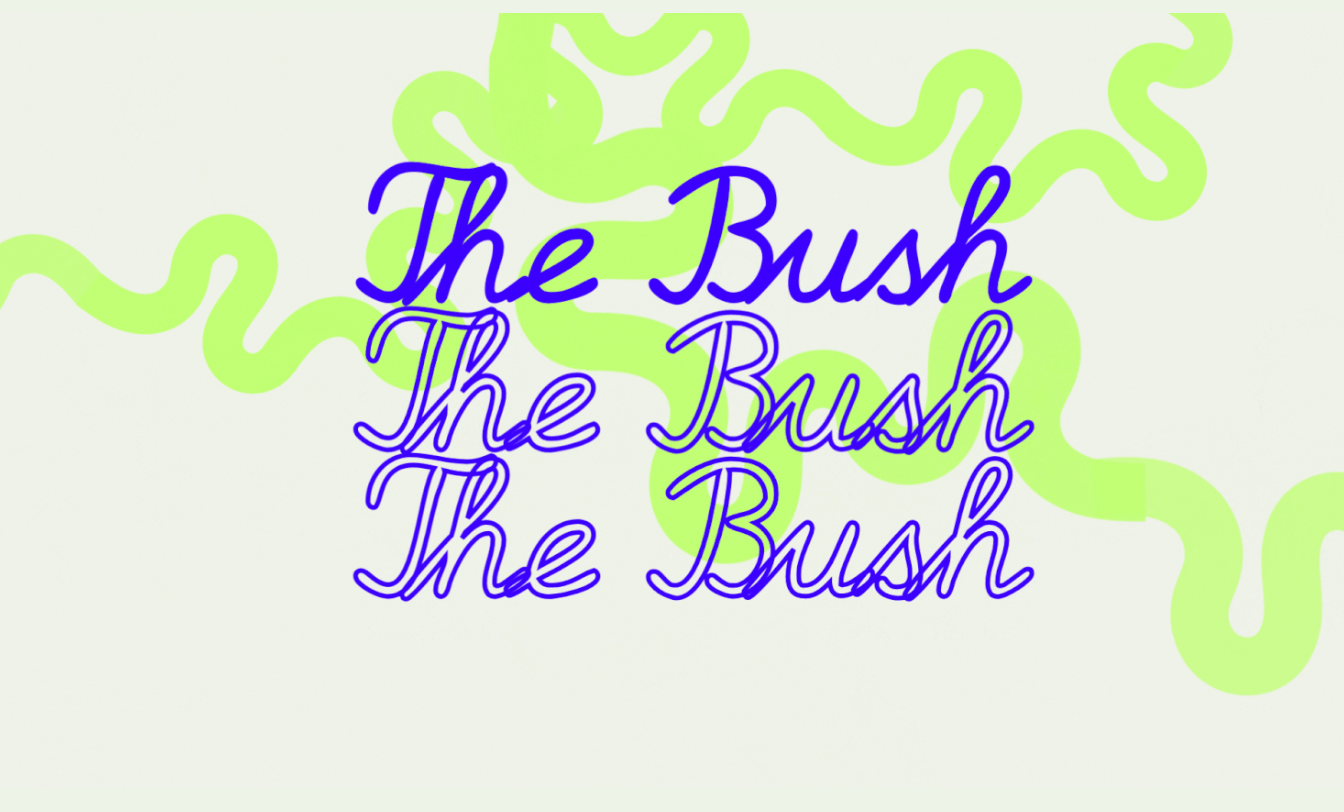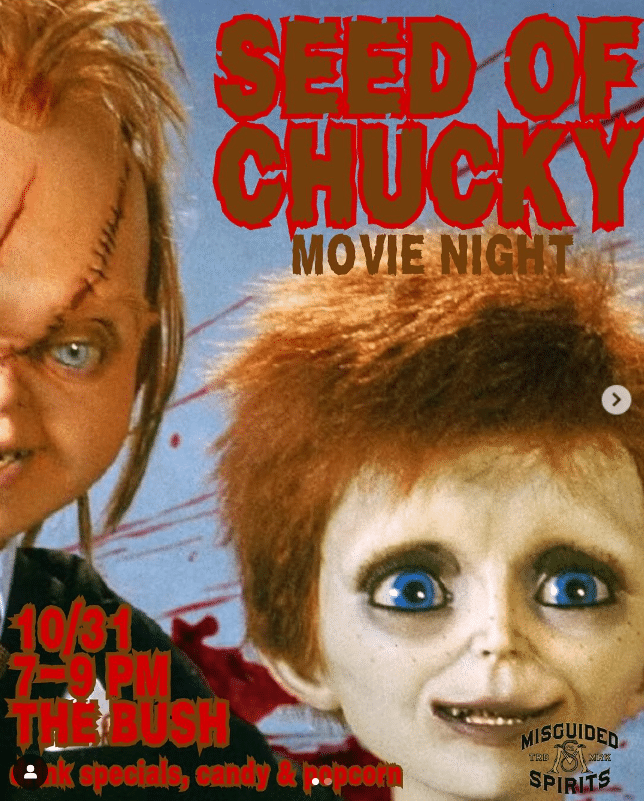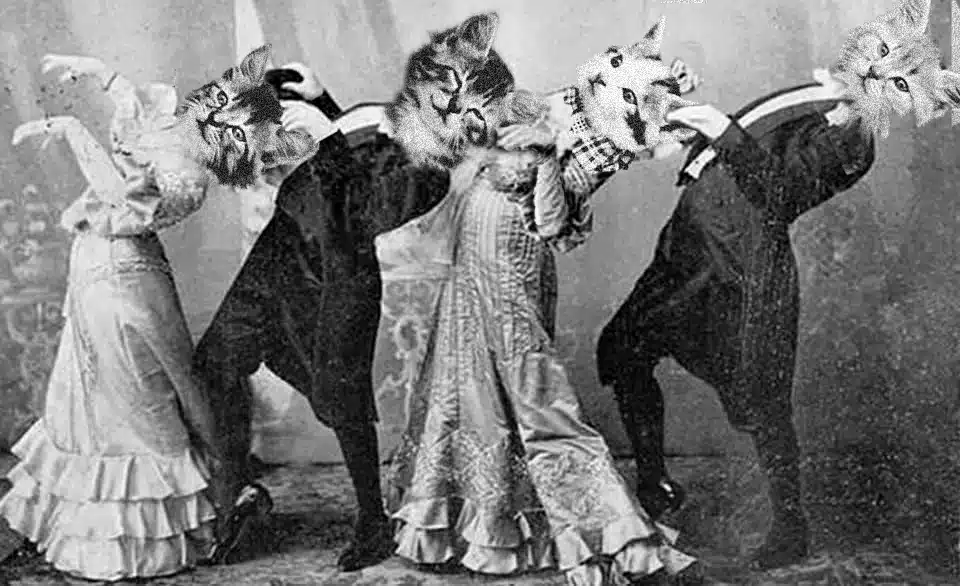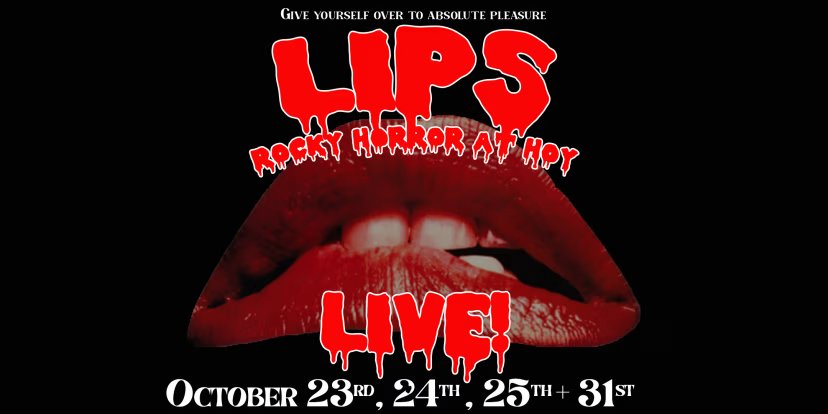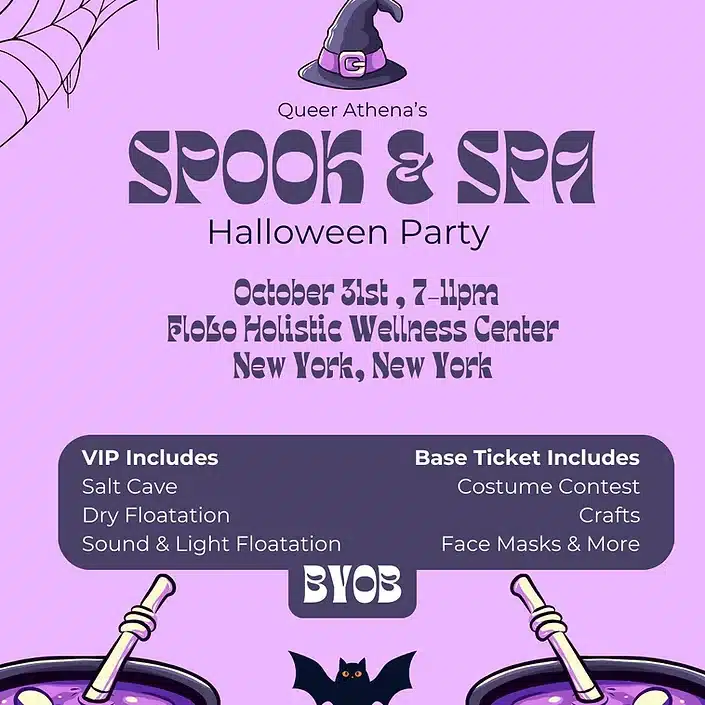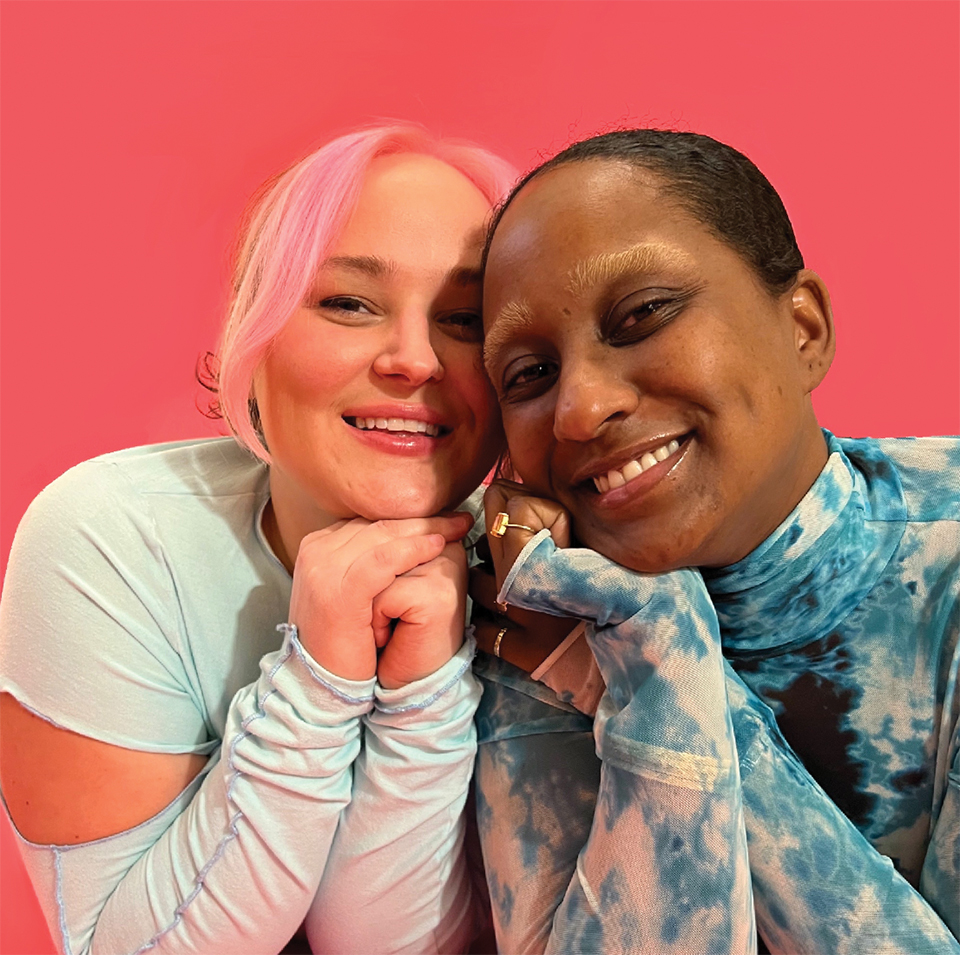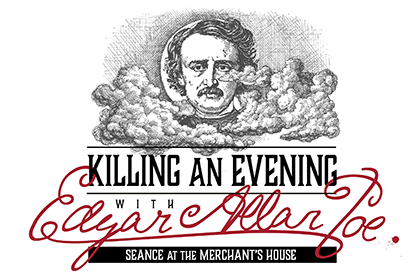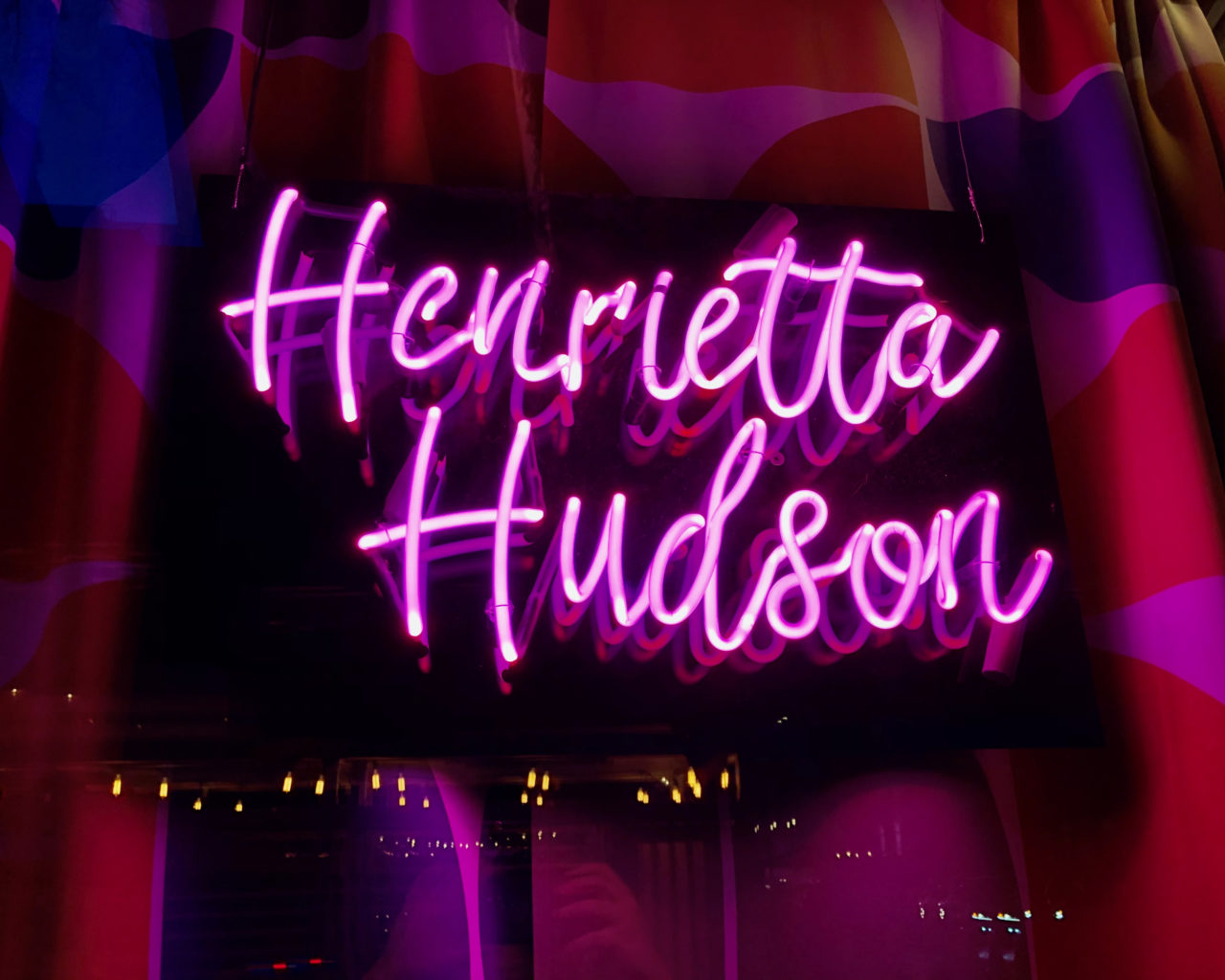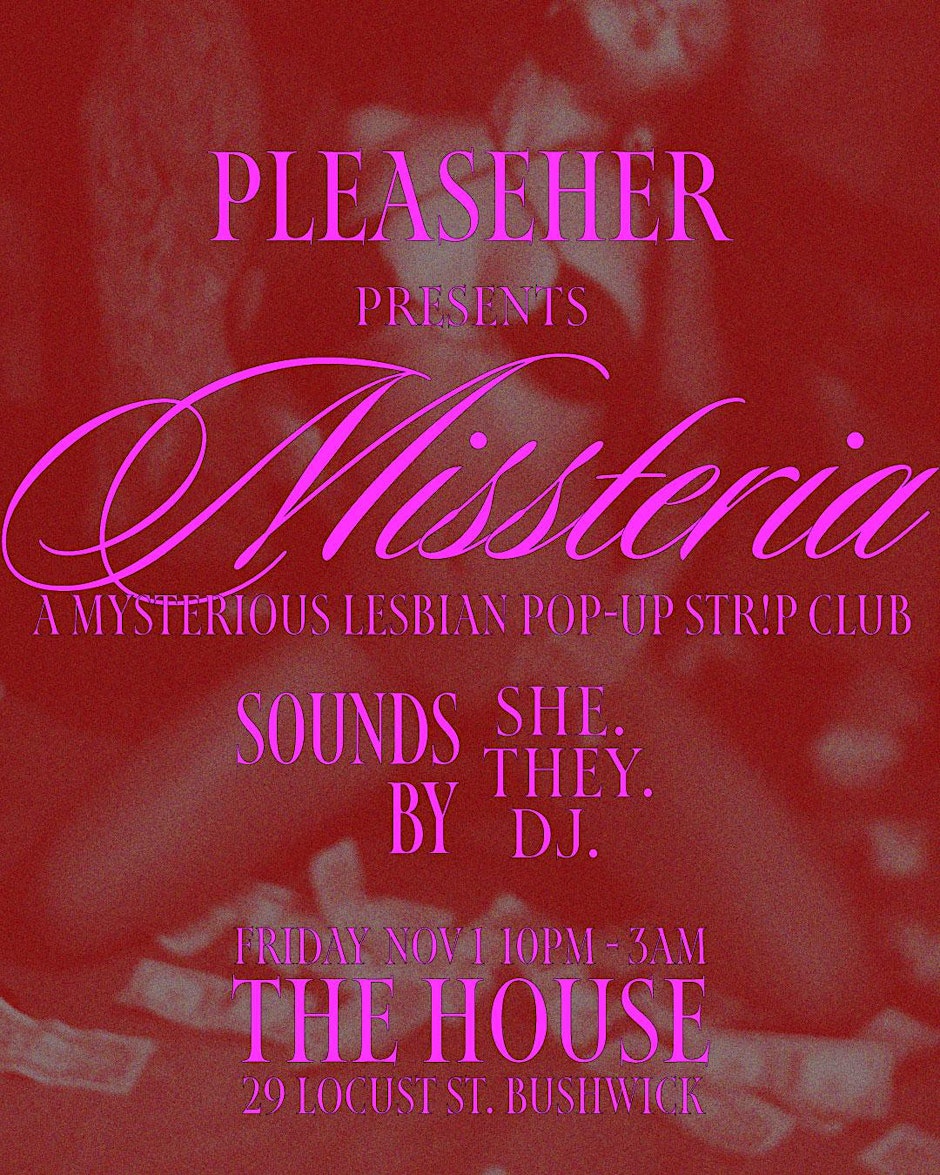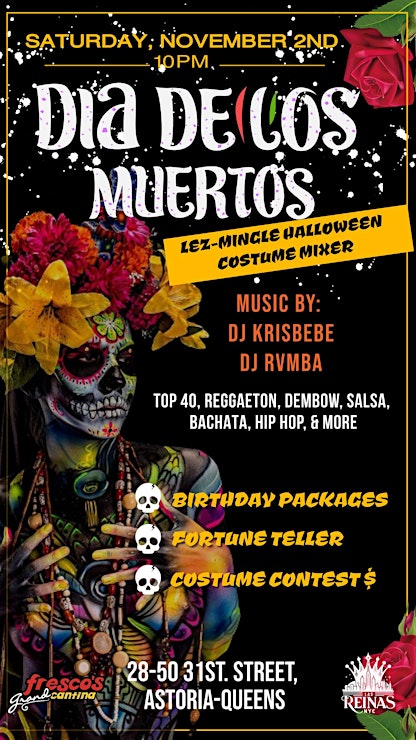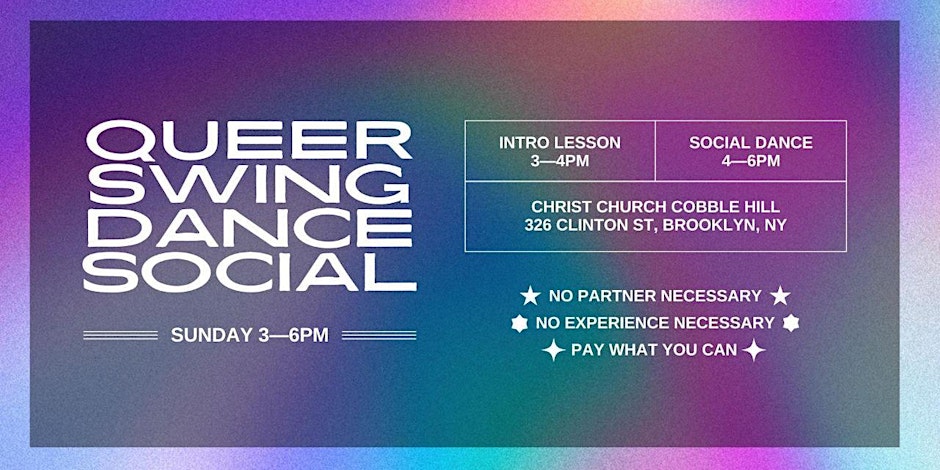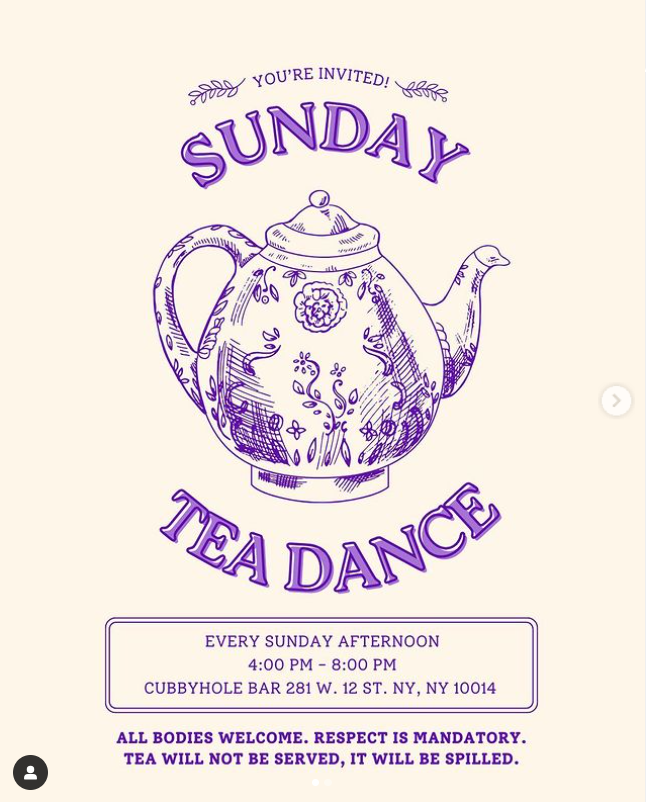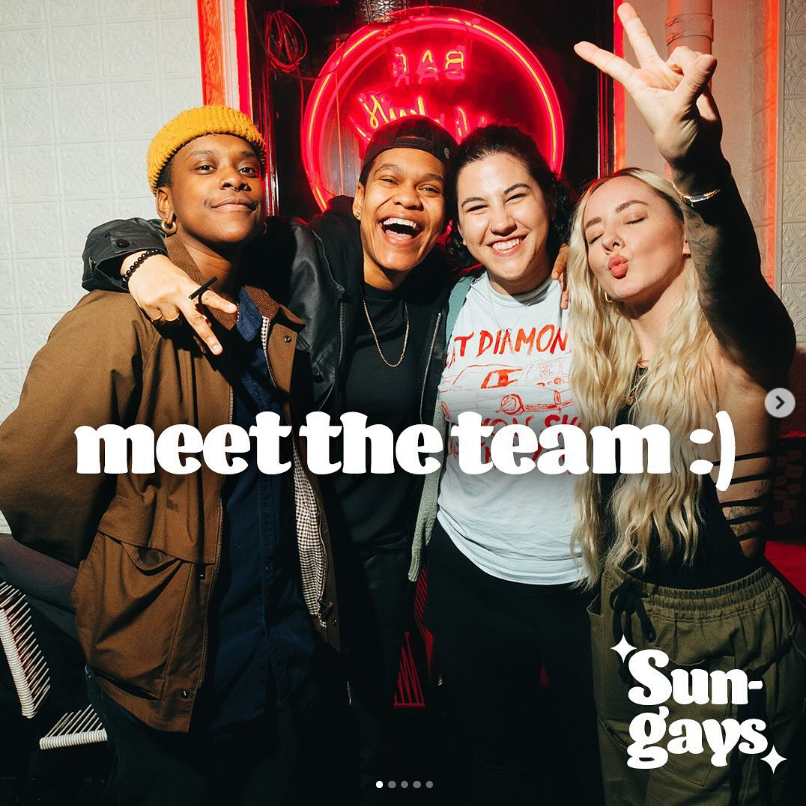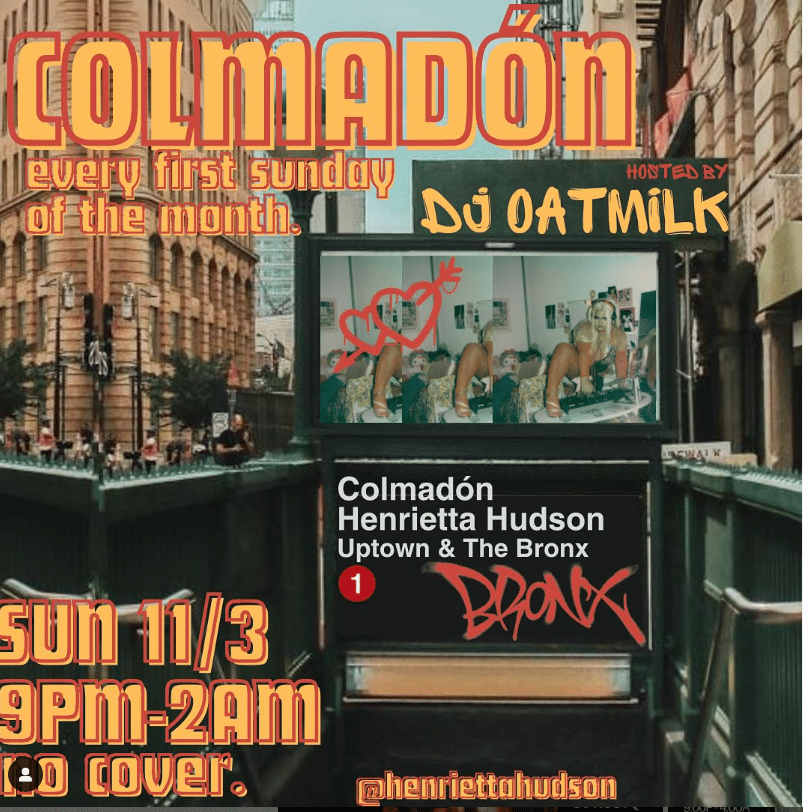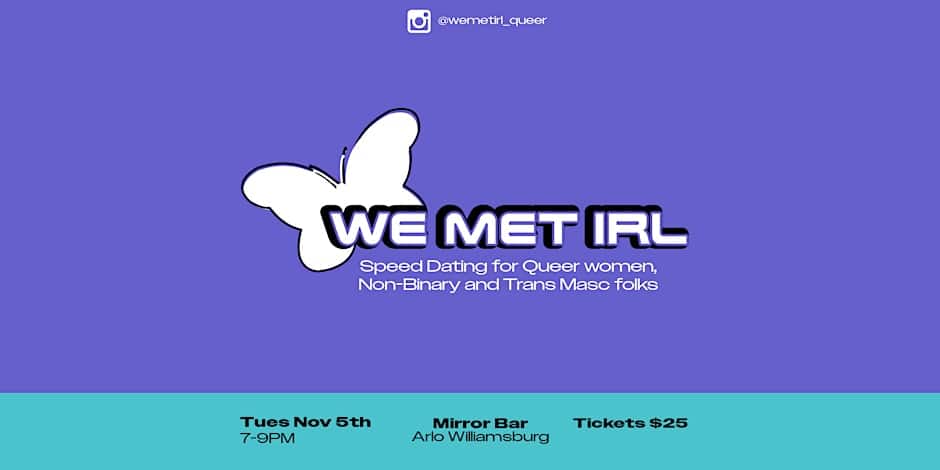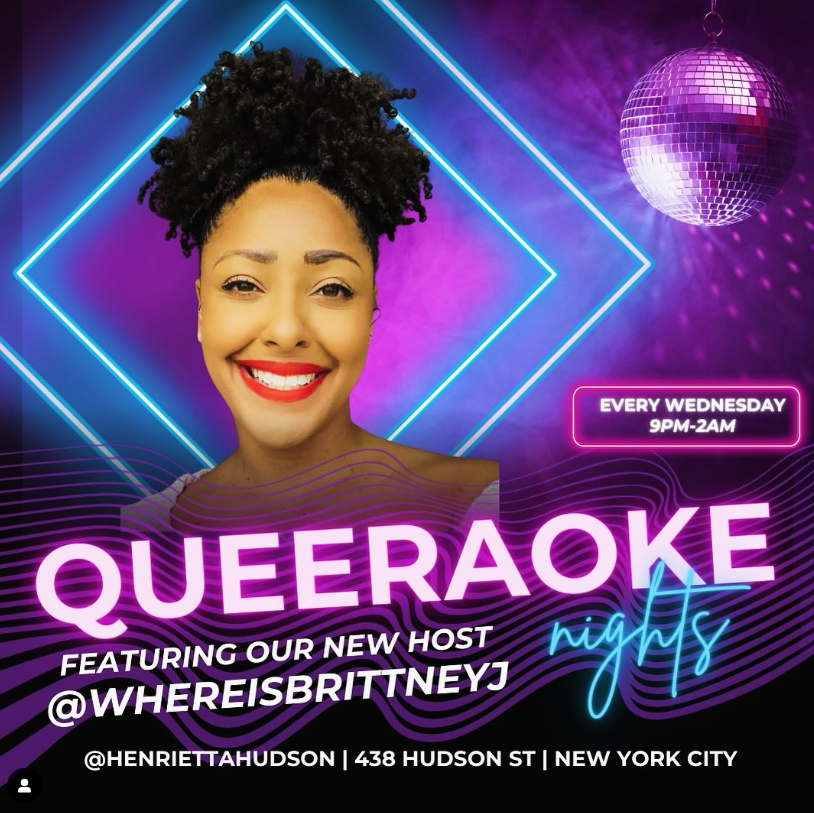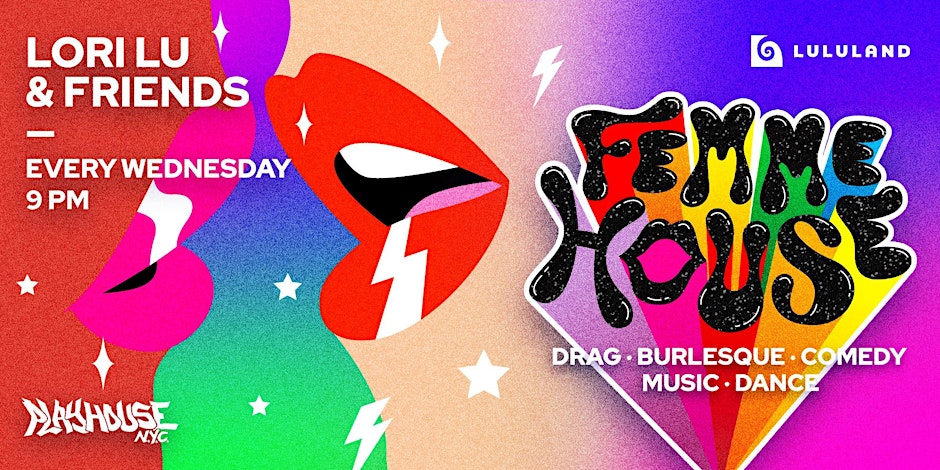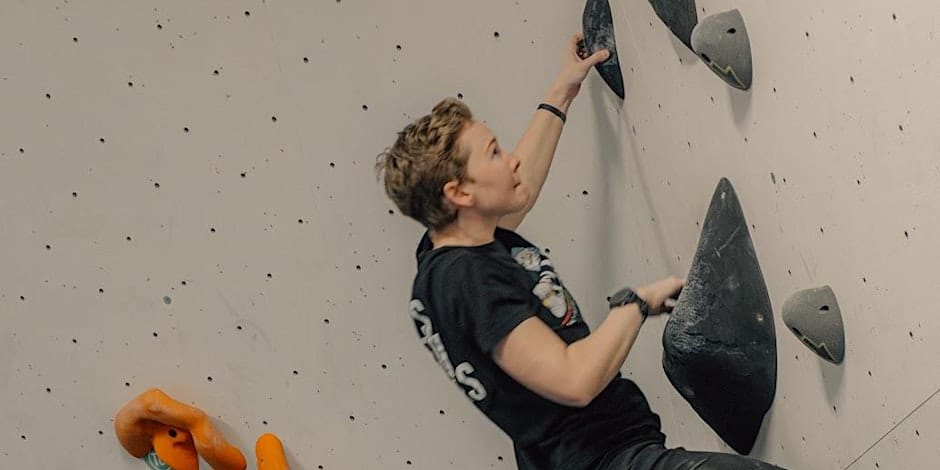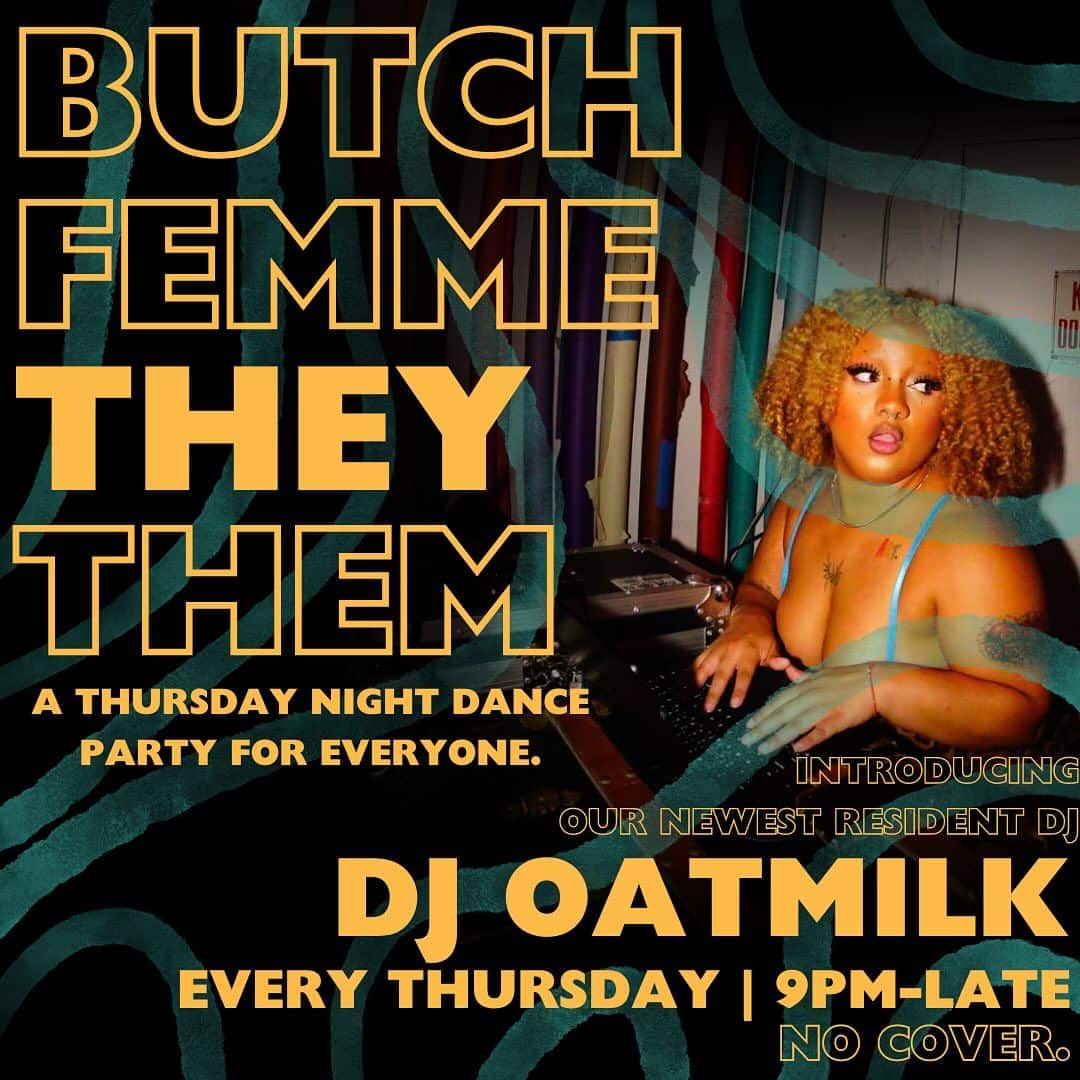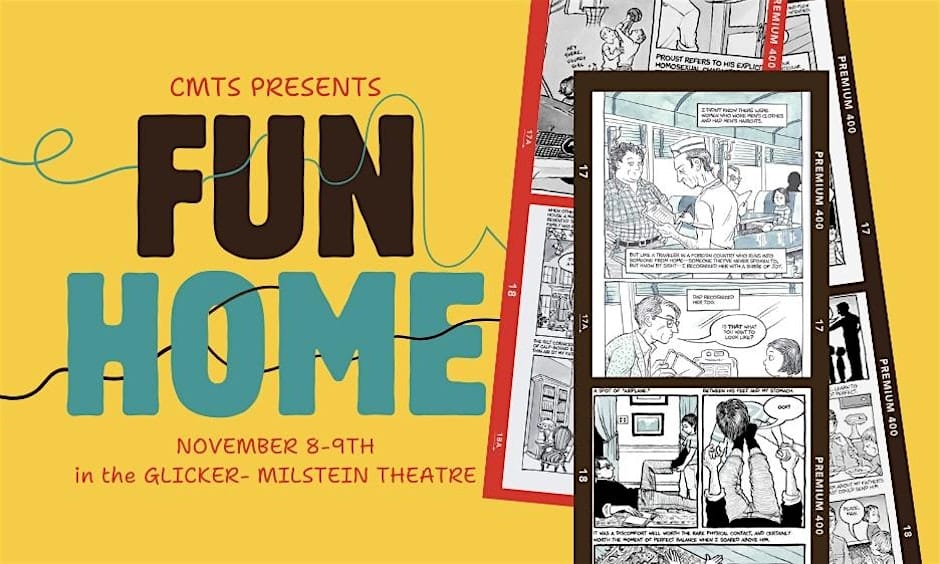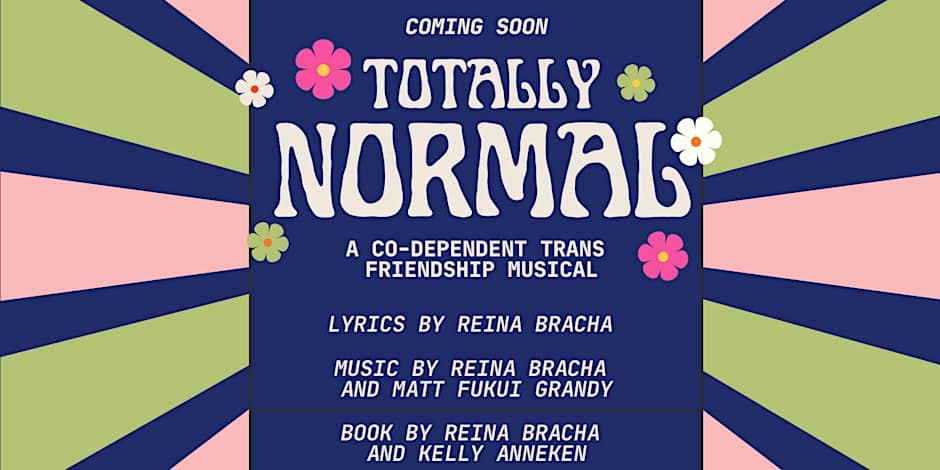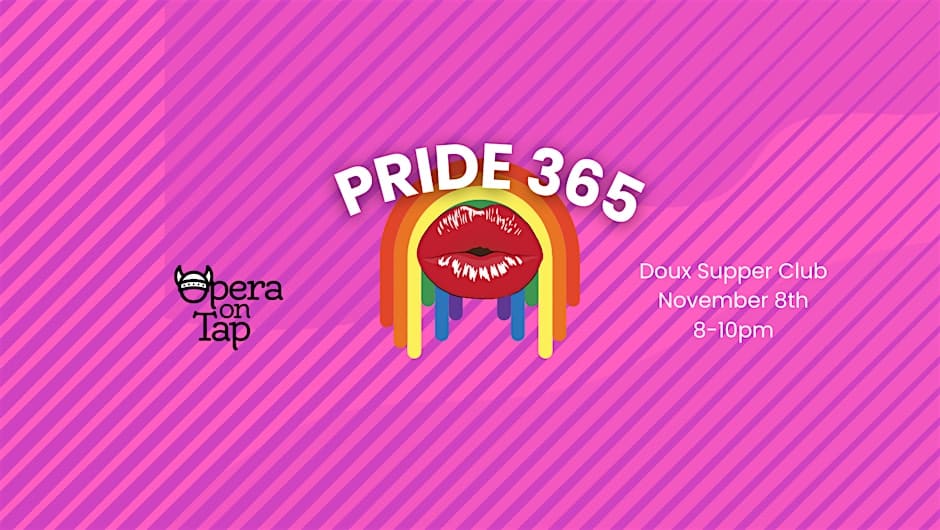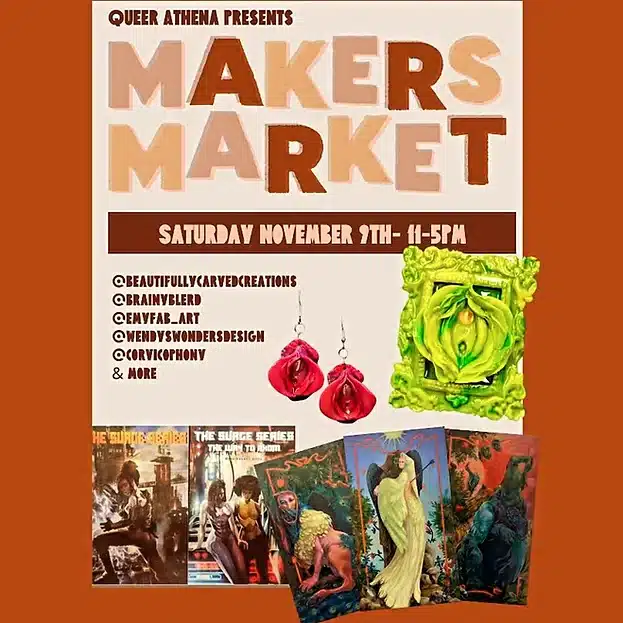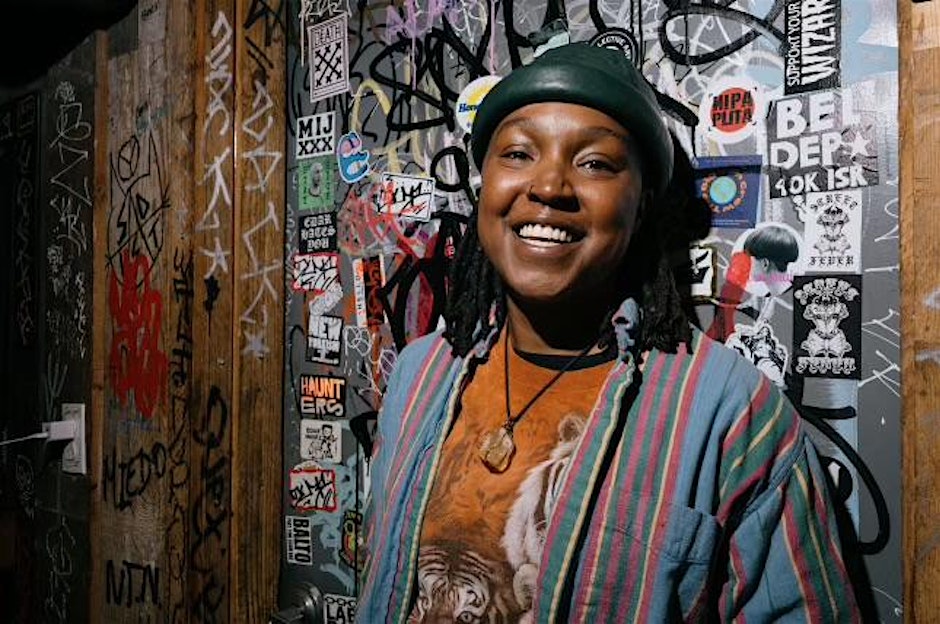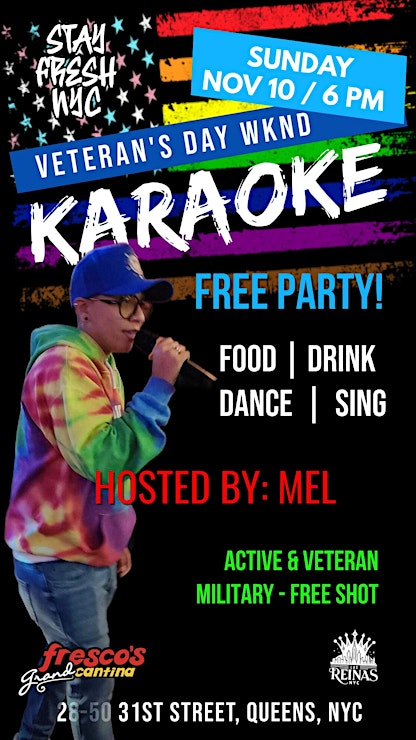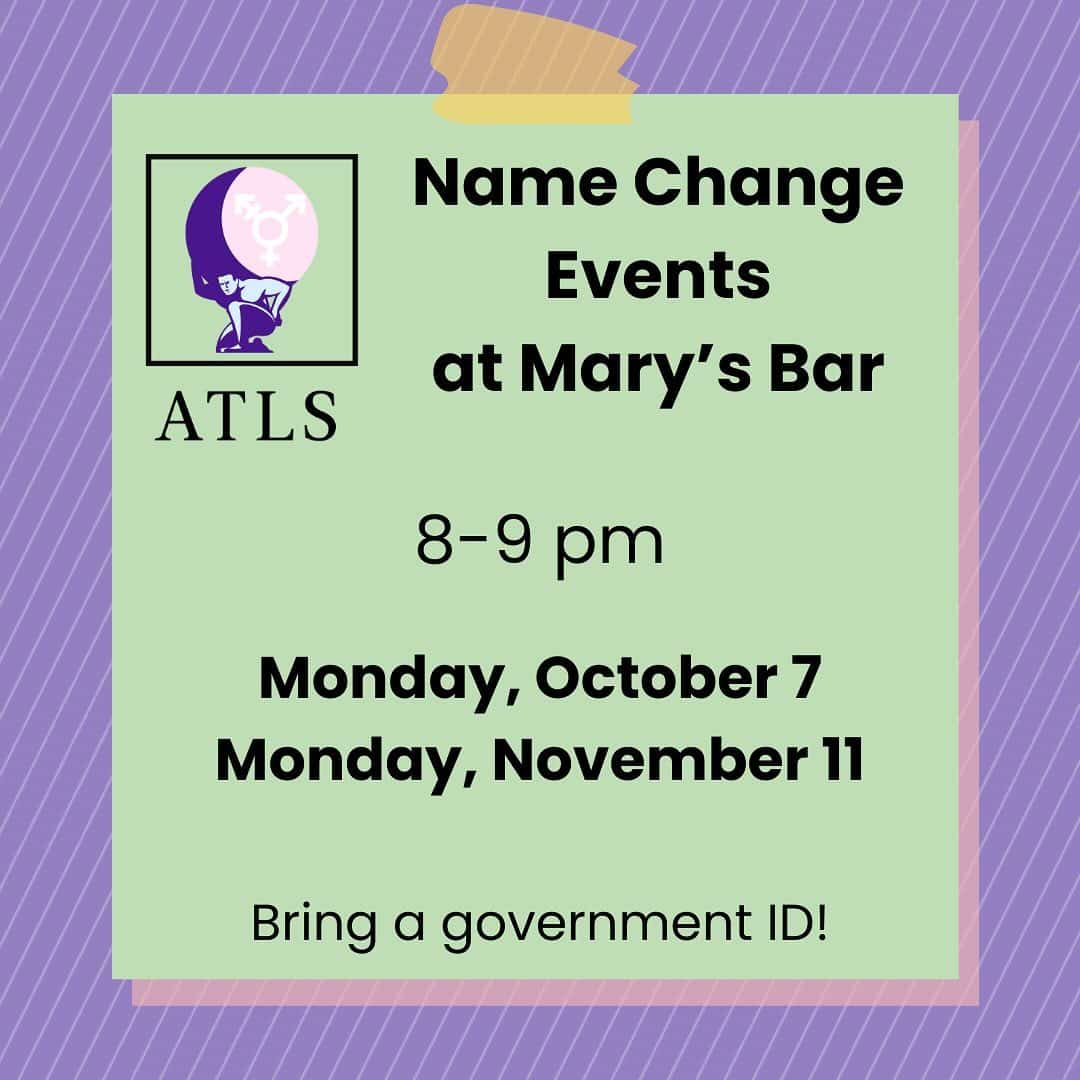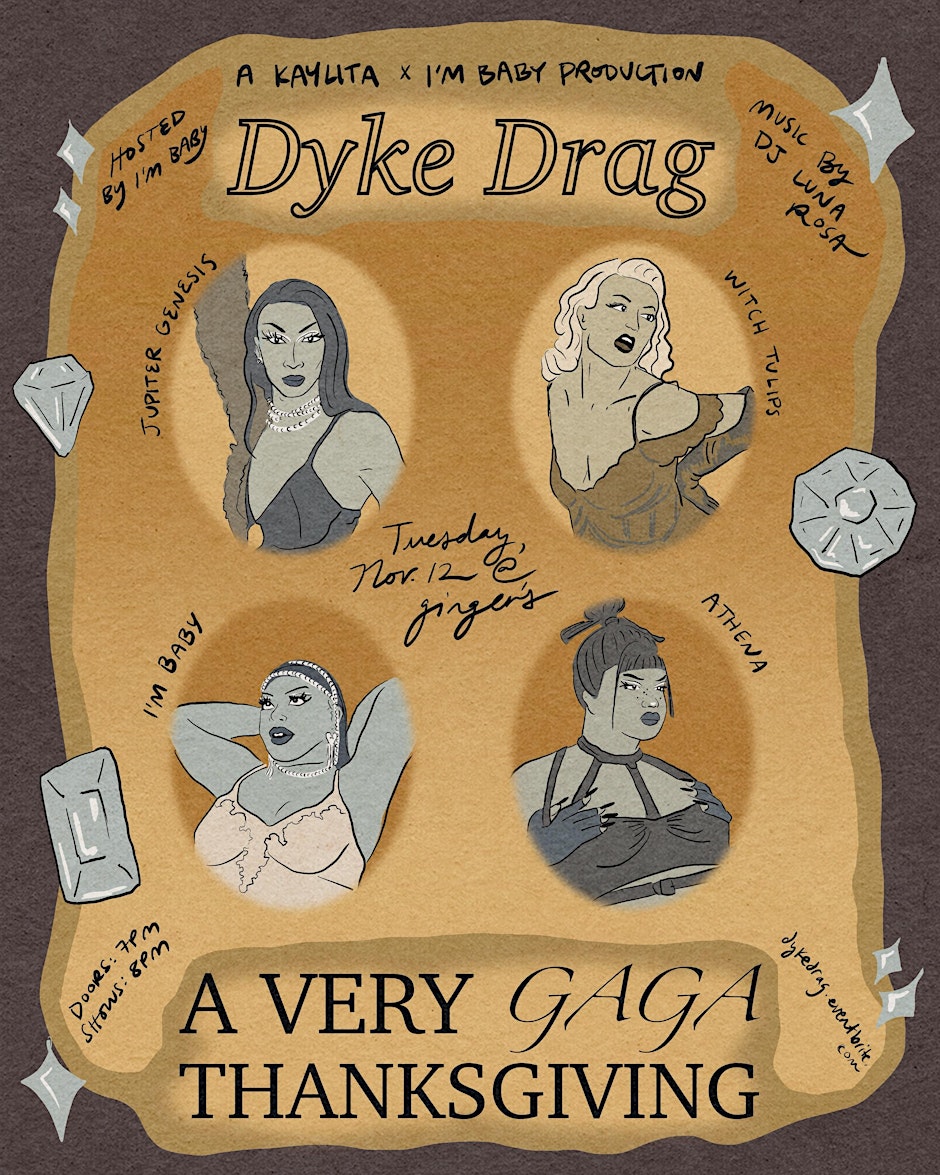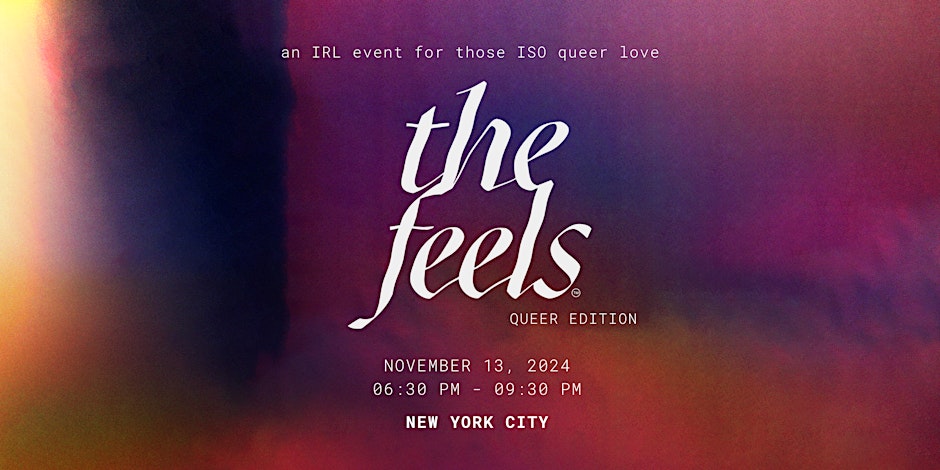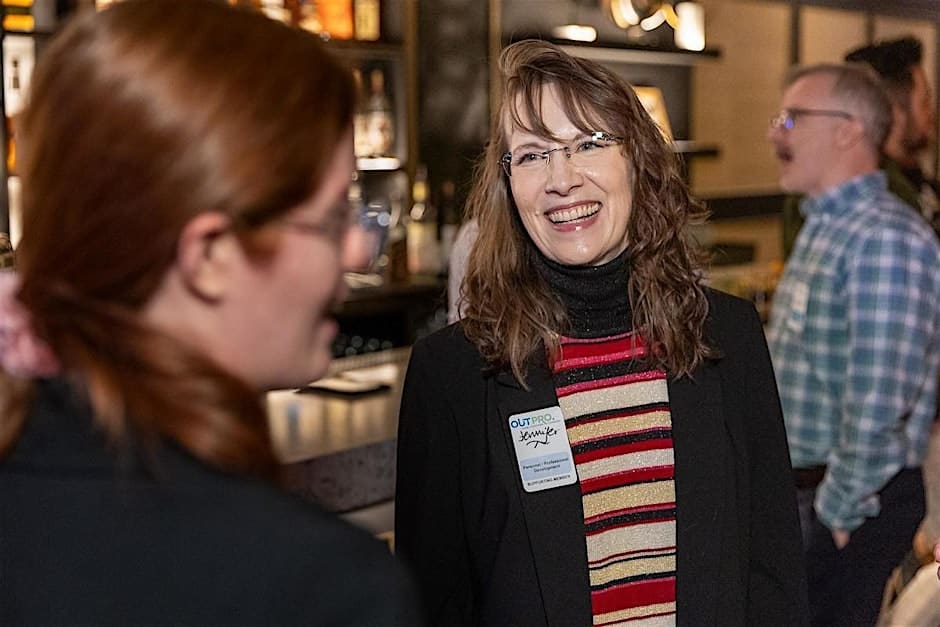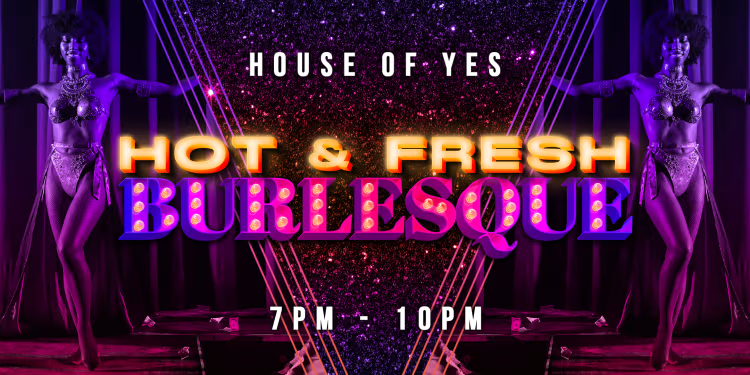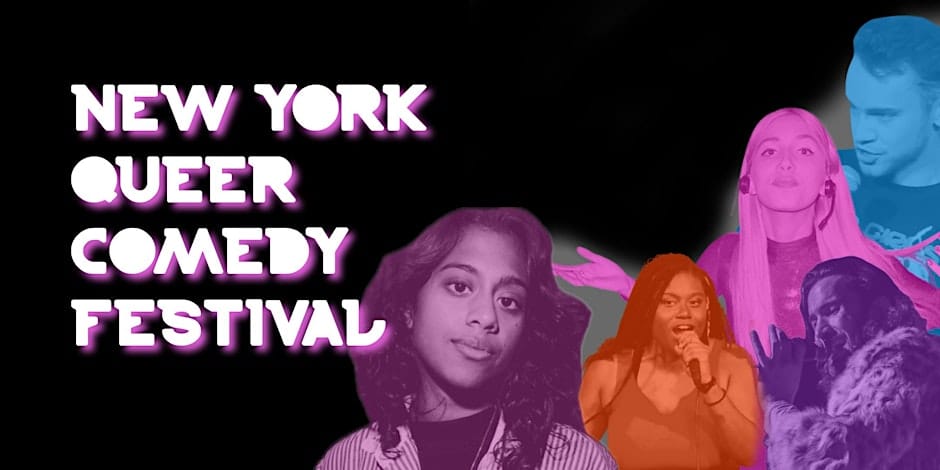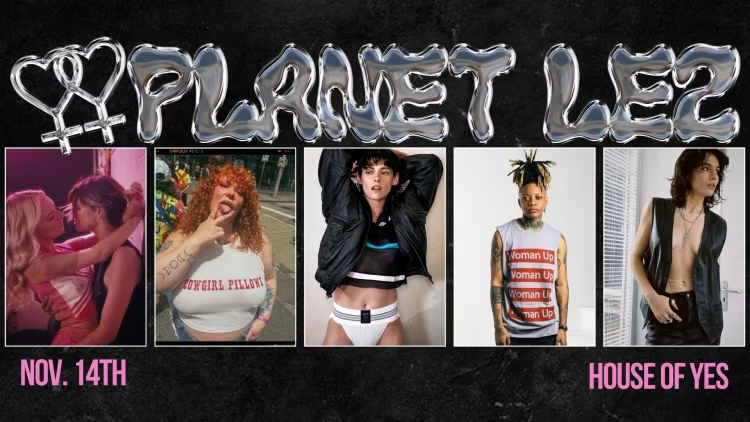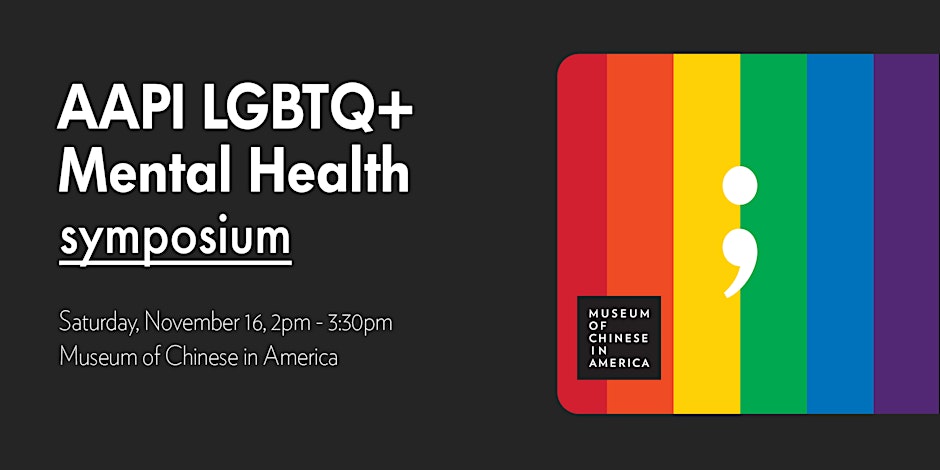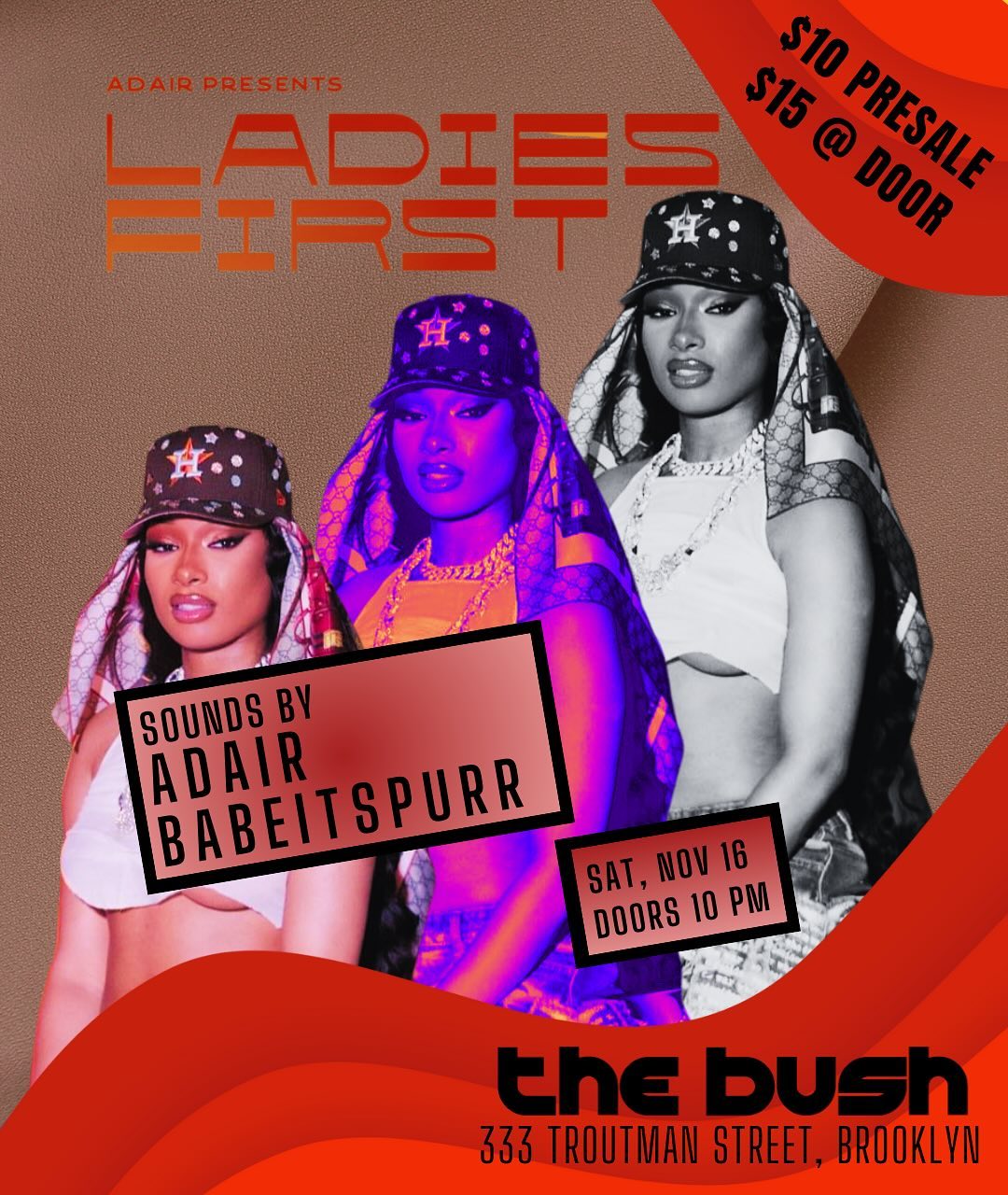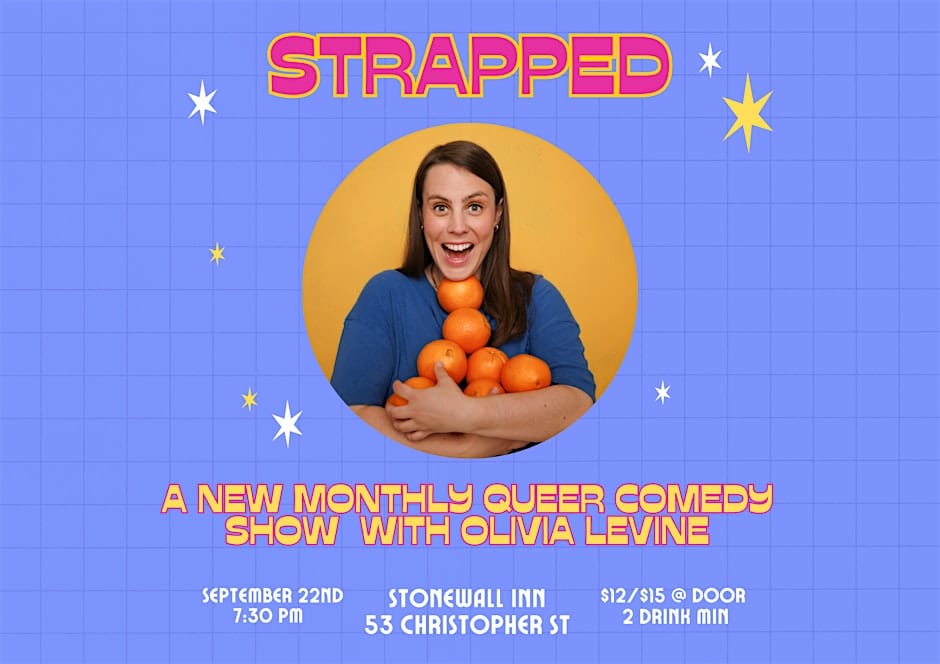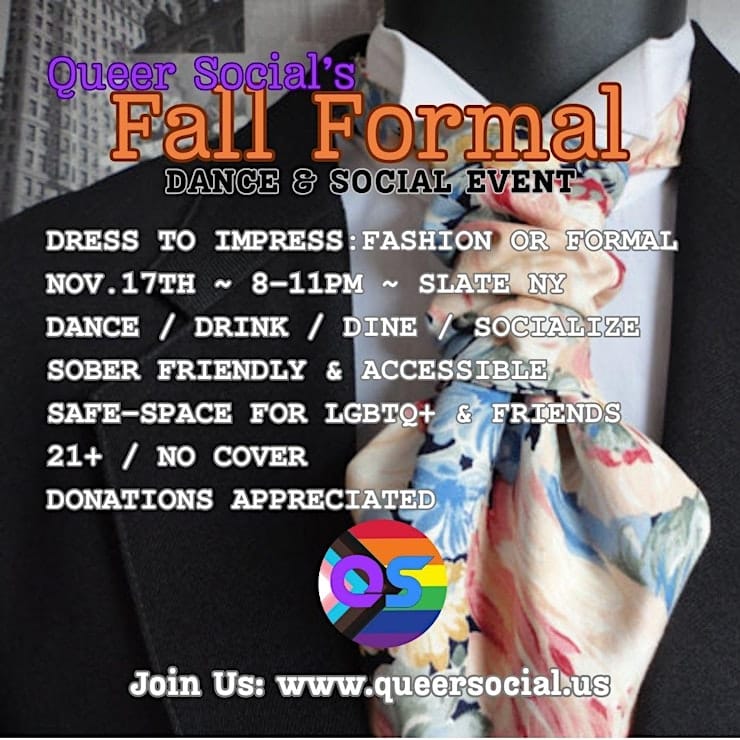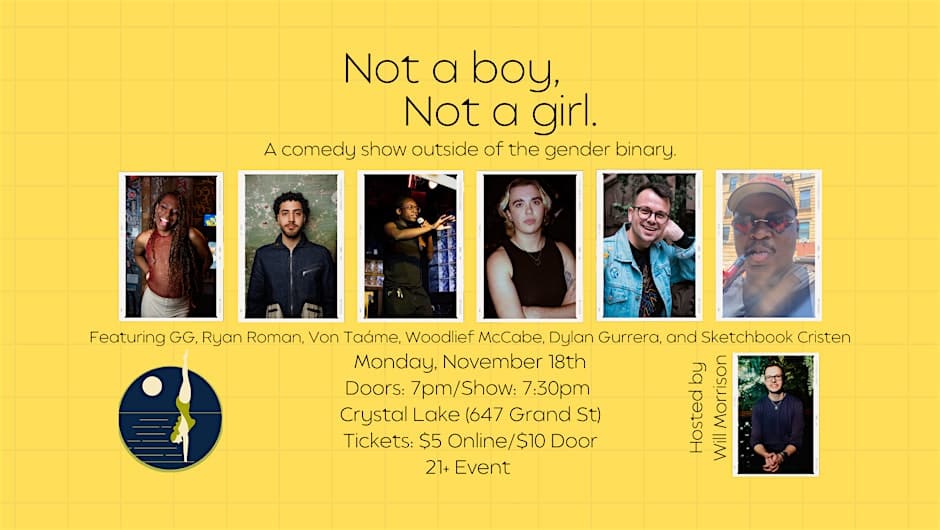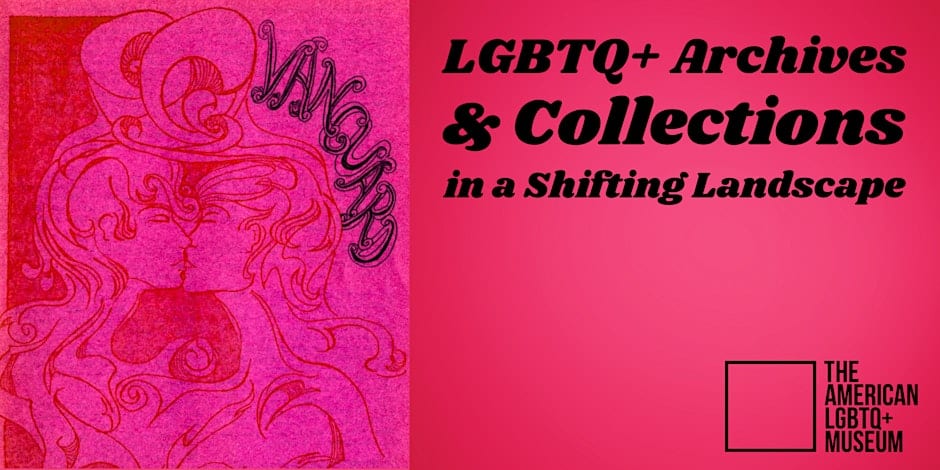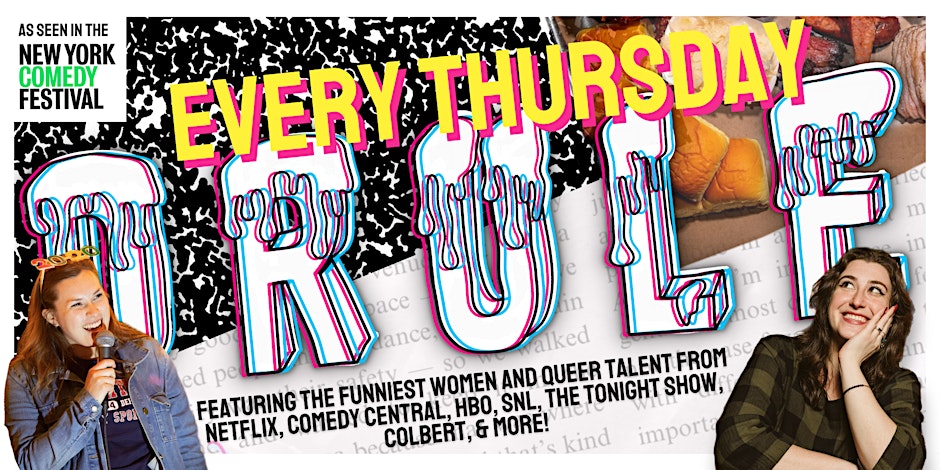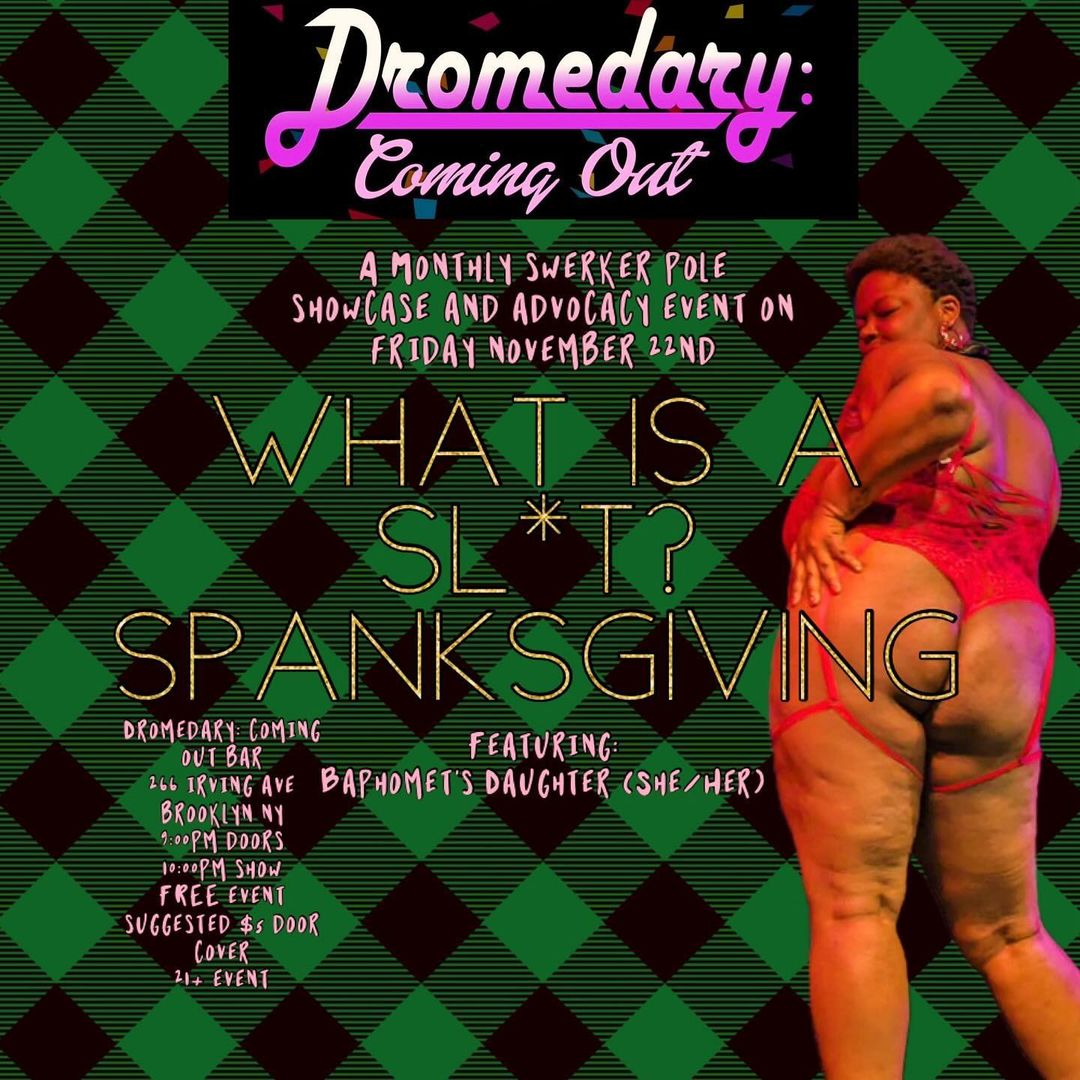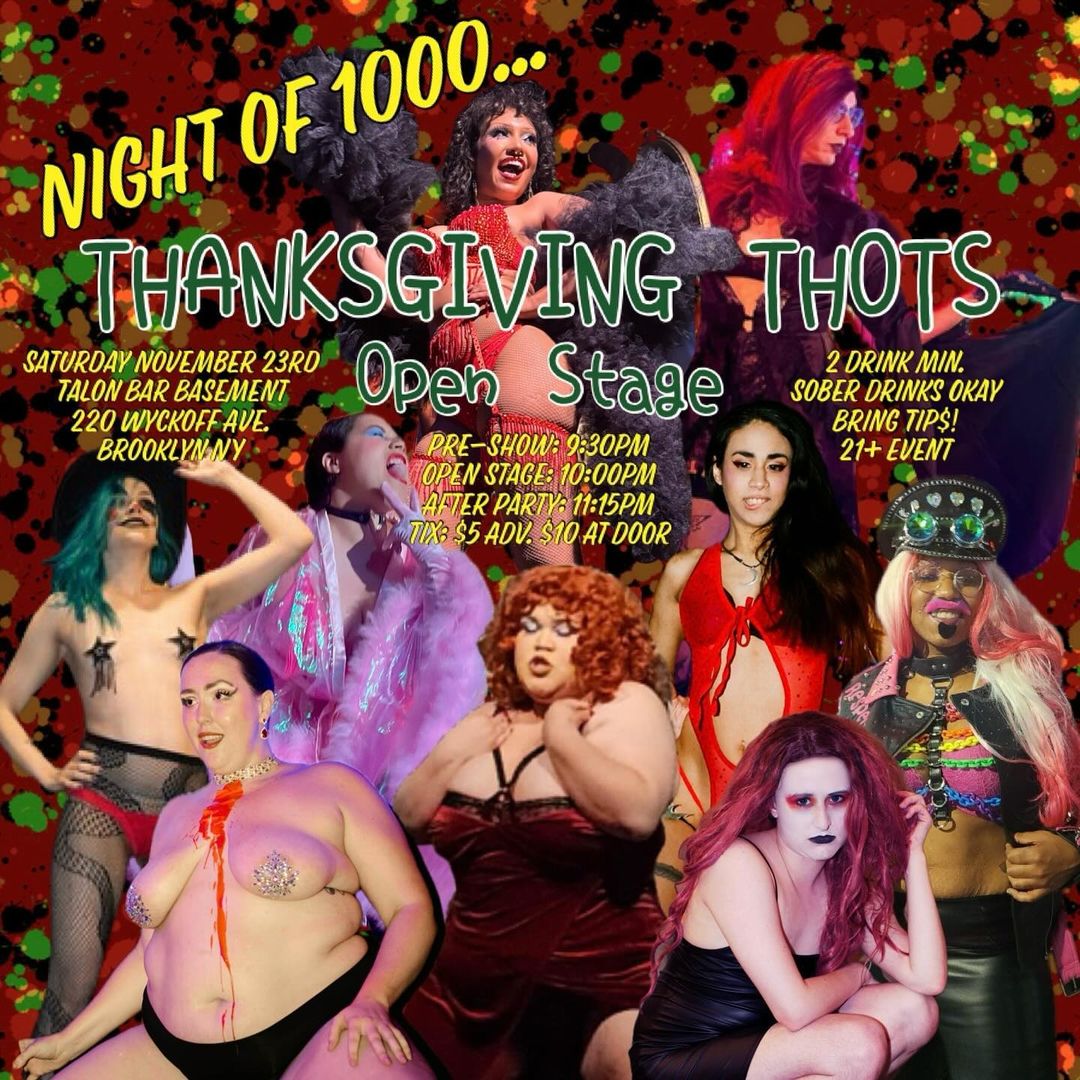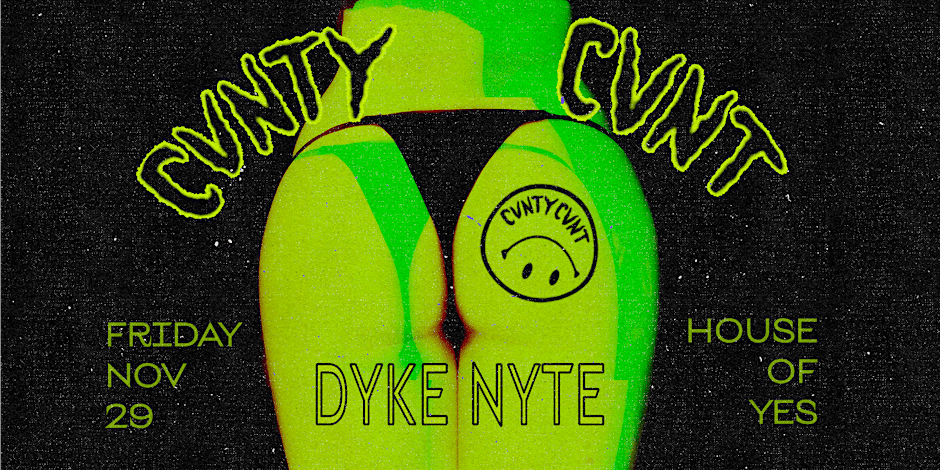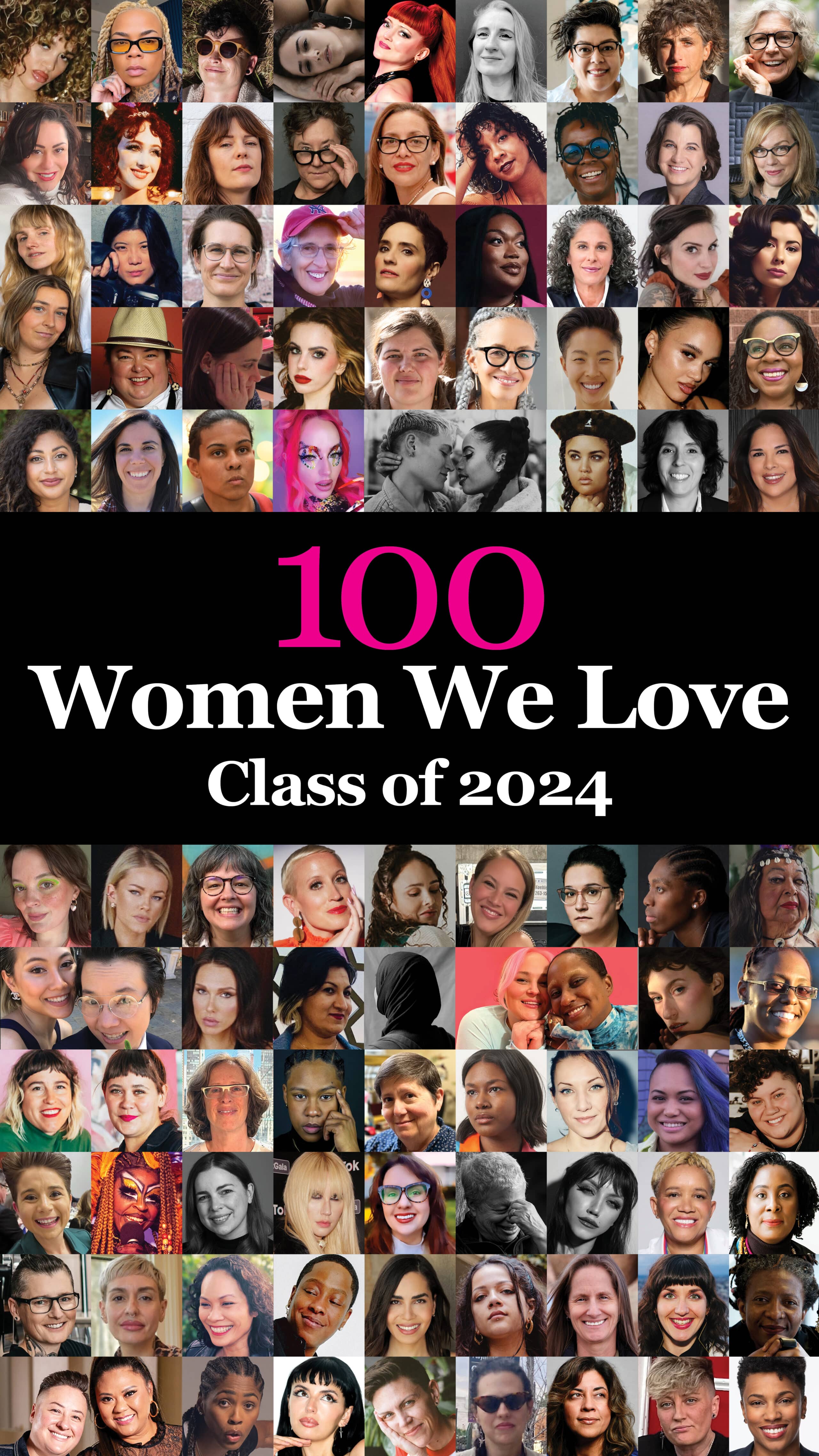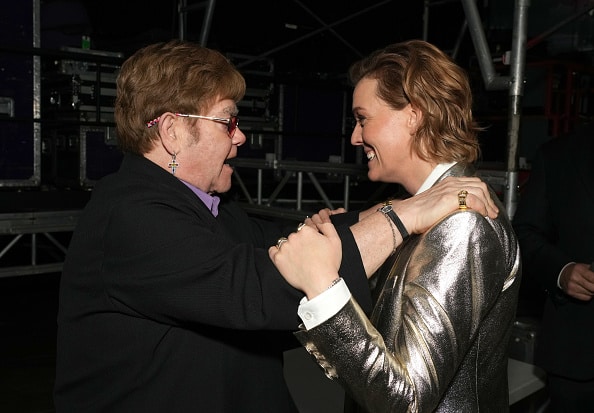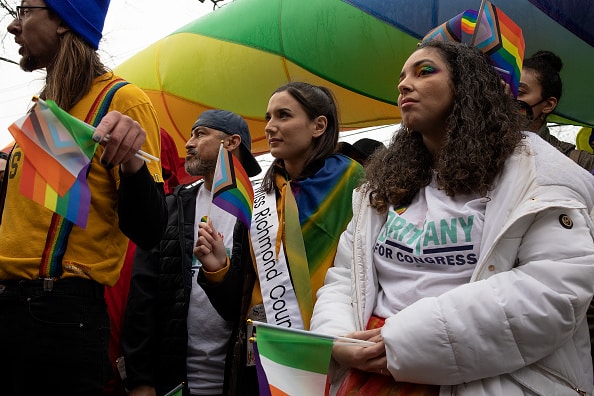
While I can’t promise that dating apps are the way to go if you’re trying to find a compatible life partner, I can say that using them is an inevitable way to learn so many things about yourself and the kind of things you want or don’t want from a relationship. Take it from me — a dating app queen, of sorts. I’ve tried all the apps — Tinder, Her, Bumble, OKCupid, Plenty of Fish, Match.com and a bunch of lesbian apps that are still clearly in their beta stages.
Even after all of that, I’m not sure if I’m any closer to finding the “one” but I’ve become pretty well-versed in self-awareness when it comes to dating.
Interacting with people in virtual time puts a microscope up to yourself in ways that connecting with others in real time could never do. There’s something about putting words and images into the atmosphere as representations of yourself that feels so final. In a way, creating a dating profile is like the ultimate defining moment for yourself. It’s no wonder many people steer clear of dating apps — the experience can leave you feeling very exposed. If you don’t get any other benefit from using dating apps, you’ll learn tons about yourself by having to open up to others. It’s kind of an adventure in self-discovery. Here are some of the things that I’ve learned along the way:
1. Label-Consciousness
I first started using dating apps around the same time I came out. I remember noticing how proudly everyone flaunted the letter they claimed in their LGBTQ identity, so I jumped right on the bandwagon. I had been identifying as bisexual; however, I was only looking to date women. Little did I know, this would be super controversial. Because I was new to the girls-who-like-girls community, the biphobia I faced was shocking, to say the least. Even though I was offended, I tried to brush it off when women who were interested in me suddenly became disinterested when they learned I was bi. They would say things like, “I don’t date bi women, there’s too much competition,” “you can’t trust them,” or, the worst, “they carry diseases.” It was terrible. Little by little, while screening out the biphobic girls, I started to become even more label-conscious.
Charlotte for the win! So here for this episode rewrite.
A post shared by GO Magazine (@gomagazineny) on
I found that many of the women who identified as lesbian were the women who refused to date me because I was bi, so I assumed it was best to only date other bi women. This proved to be almost as difficult because there are so many variations of being bisexual. So other bisexual women often weren’t on the same page as me either. It’s definitely not a one-size-fits-all label — no labels are. Because of my growing bi-insecurity, I would get a knot in my stomach when I saw the word “lesbian” under an otherwise match-worthy woman’s profile picture. I became aware that my fear was just as bad as the biphobia I was facing.
I had to take a step back and recognize that labels are often a meaningless construct that can sometimes do just as much harm as good. While labels can be used as tools to teach others about the LGBTQ community and for political justice, within the community, they can be a bit divisive. In the LGBTQ dating app world, the label you choose for your profile is used as a kind of language to communicate different things. Labels elicit certain judgments and reactions from people and even set up a hierarchy of the “real gays” and the “not-so-real gays”. Because of this, labels on dating apps are almost as important as that coveted, perfect profile pic.
It’s awesome for us queer people to be able to find each other in the sea of straight people on mainstream dating apps. But I knew as I got more comfortable in the dating app game, I had to find ways to get around putting so much value on these labels. Today, I am confident in my view that labels don’t mean as much as people think they do.
One of the things I have found is that because I now identify as queer, people are forced to get to know me as a person as opposed to what they think my label represents.
Truly getting to know someone is hard to do in a realm that is initially, totally digital, but whichever lucky lady wants to date me will put in that extra effort. Another thing I do differently now is that I care less about a woman’s dating history than I had before. Since there’s not so much time spent obsessing over what kind of queer my potential match is, there’s more opportunity to figure out what kind of partner they will be.
2. To Thine Own Self Be True
Another thing I learned is that being open to possibilities does not mean denying being true to myself and what I want. I learned that I do, in fact, have a type and that’s OK. While swiping away (yes, all the apps have adopted the swiping feature now), I used to carefully scrutinize pics and profiles to make sure my initial perception of the person was accurate. In reality, what I was doing was finding excuses not to swipe left, aka reject the person, at first glance.
Everyone knows it’s wrong to judge a book by its cover but the thing about dating apps is that many of the things people put out there to describe themselves are just surface. A dating profile is, for all intents and purposes, the cover of what makes a person who they are and they are literally putting it out there to be judged. Yes, it’s all subjective and beauty is in the eye of the beholder, but isn’t that the whole point? I am supposed to be finding what I want, not what other people might find attractive or likeable or what I think I should want as a non-judgmental, nice person. No one wants to be called shallow but the fact that we are even swiping, to begin with, is an indication that part of dating online is being a bit shallow.
I had to learn the hard way that if there’s something I’m looking for in a partner, whether it is something aesthetic like height, a profession, or even an astrological sign, it’s OK to swipe left on those who don’t possess those qualities. The times that I haven’t been true to myself, I just wasted both my time and the other person’s — and sometimes even hurt people along the way. Of course, there are things that can be negotiable and there are times you might surprise yourself by finding your new love in an unexpected form, but when it comes to online dating, that probably isn’t going to happen. What you see is often what you get (unless they are a catfish and that’s an entirely different problem).
Now, I make a conscious effort to ask for and look for what I want in a partner instead of settling for a “maybe she’s super cool in person” or an “I’ll just give it a chance and see what happens.” Being open for me means being ready for new possibilities in the realm of what I want, not accepting things I know for sure I don’t want. At the end of the day, I know what’s best for me and the purpose of using an app to date is to be able to make those choices for myself.
3. So Many Queer Fish in the Sea
From using dating apps and learning that it’s OK to be picky sometimes, I am now able to pinpoint the things that I desire in a partnership. However, many things that are deal-breakers for me are often not feasible for some women. For example, I like my freedom and solitude but I also value quality time and communication with my partner. Not many people can achieve this delicate balance, which is understandable since they appear to be opposites — I’m a Gemini, enough said. So when I find someone whose profile says they don’t need to be with their partner 24/7, it’s rare that they also place as much importance as I do on staying in communication with their partner when they are apart. Or when I match with someone who does well with communicating their emotions, a lot of the time they want to do this way sooner than I’m comfortable with.
In the past, because of this struggle, the moment I came across a woman who described herself as in touch with her emotions but chill and attentive but not clingy, I’d get excited at the thought that maybe I matched with someone that would actually “get me”. Since I have such difficulty finding other women who think like me, I get caught up with the idea that they are a commodity and that if I find this rare unicorn, I’ve hit the jackpot. But, as it turns out, that isn’t necessarily true.
There are so many things that make a partnership work. It isn’t just about checking boxes. A person’s profile may be in total sync with mine but that doesn’t mean that they’re the one. And if it turns out they’re not, it isn’t the end of the world. There’s no need to try to force something to work in the name of perceived compatibility. If you’ve ever used a dating app, you know that it’s rare to swipe the same person twice. There’s virtually so many fish in the sea — no pun intended. I’ve not only learned that what I want is out there, but also that the more exploration that I do, the closer I will be to finding that (almost) perfect match.
Using the plethora of dating apps that I have has taught me so much about how I choose to navigate the online dating arena. I’ve learned how to get to know people better by not labeling myself or being too concerned with other people’s labels. I’ve realized that being on an app is already pretty shallow so I shouldn’t judge myself for swiping left. And I may see all the things I want in a person but she may still not be my future wifey. Most importantly, I discovered that although I am a unique woman, there are other unique women in the world waiting to get that notification that we have indeed met our match in each other. Whether it works out is not always the point. It’s the journey of self-discovery that makes all the swiping worth it.
Patricia Martin is a Brooklyn-based freelance writer and the founder of The Glam Femme, a culture and lifestyle blog that has been featured in DapperQ – Hi Femme, among others. She has contributed to several publications, including Shine Text, Black Girl Nerds, and AZ Magazine. Patricia’s work focuses on uplifting the voices of QTPOC and queer femmes. Website: www.patriciamartinwrites.com




